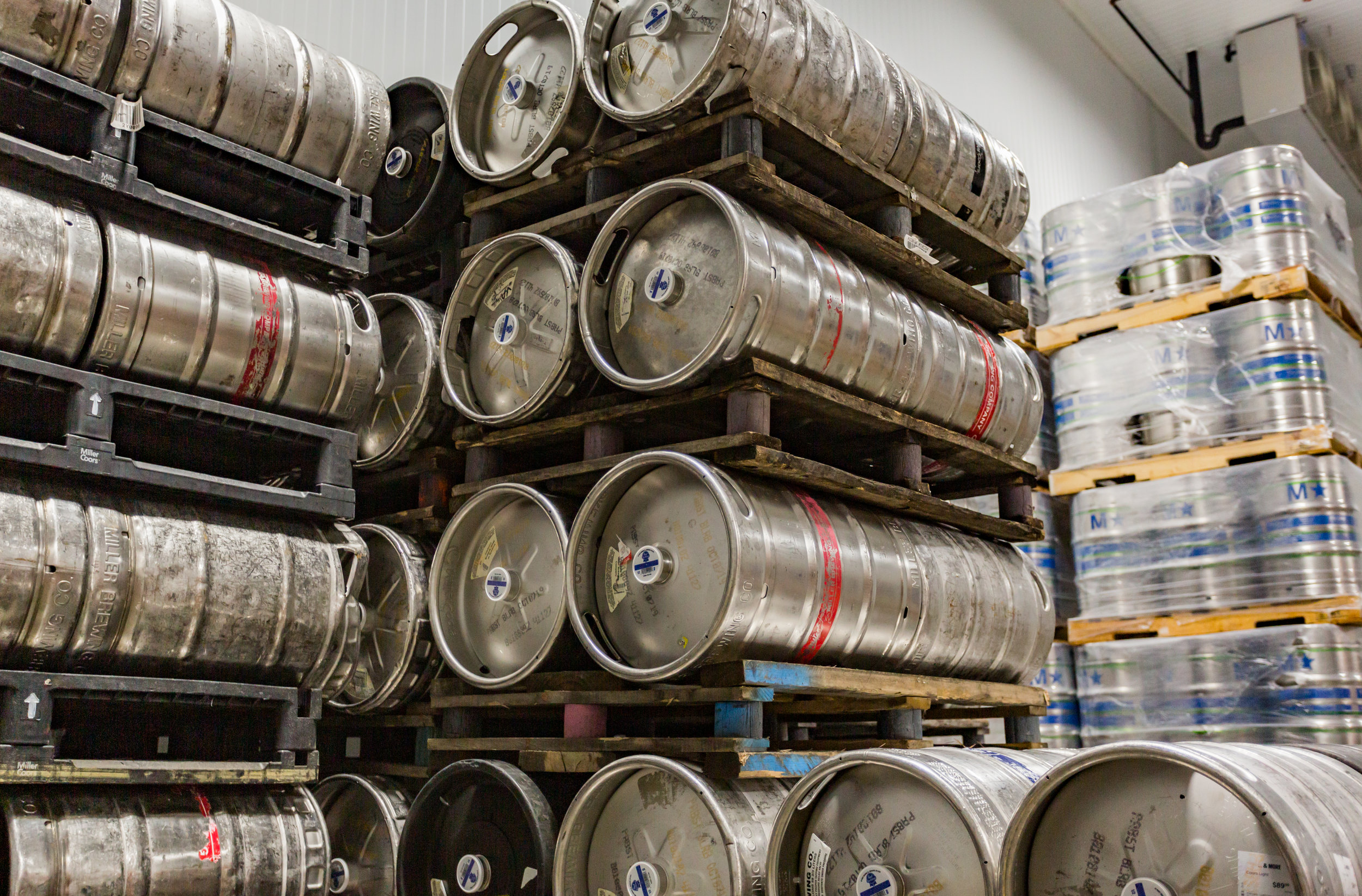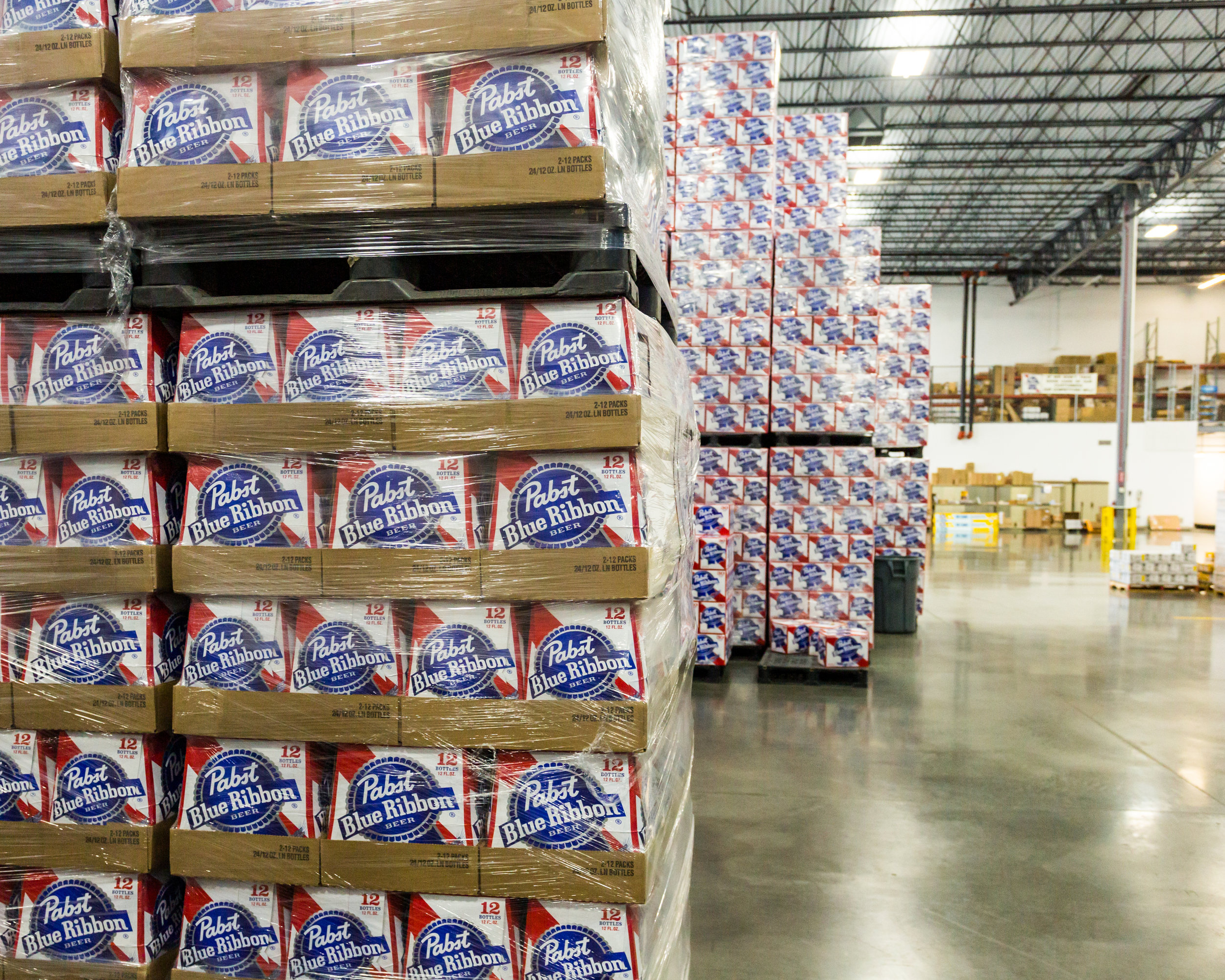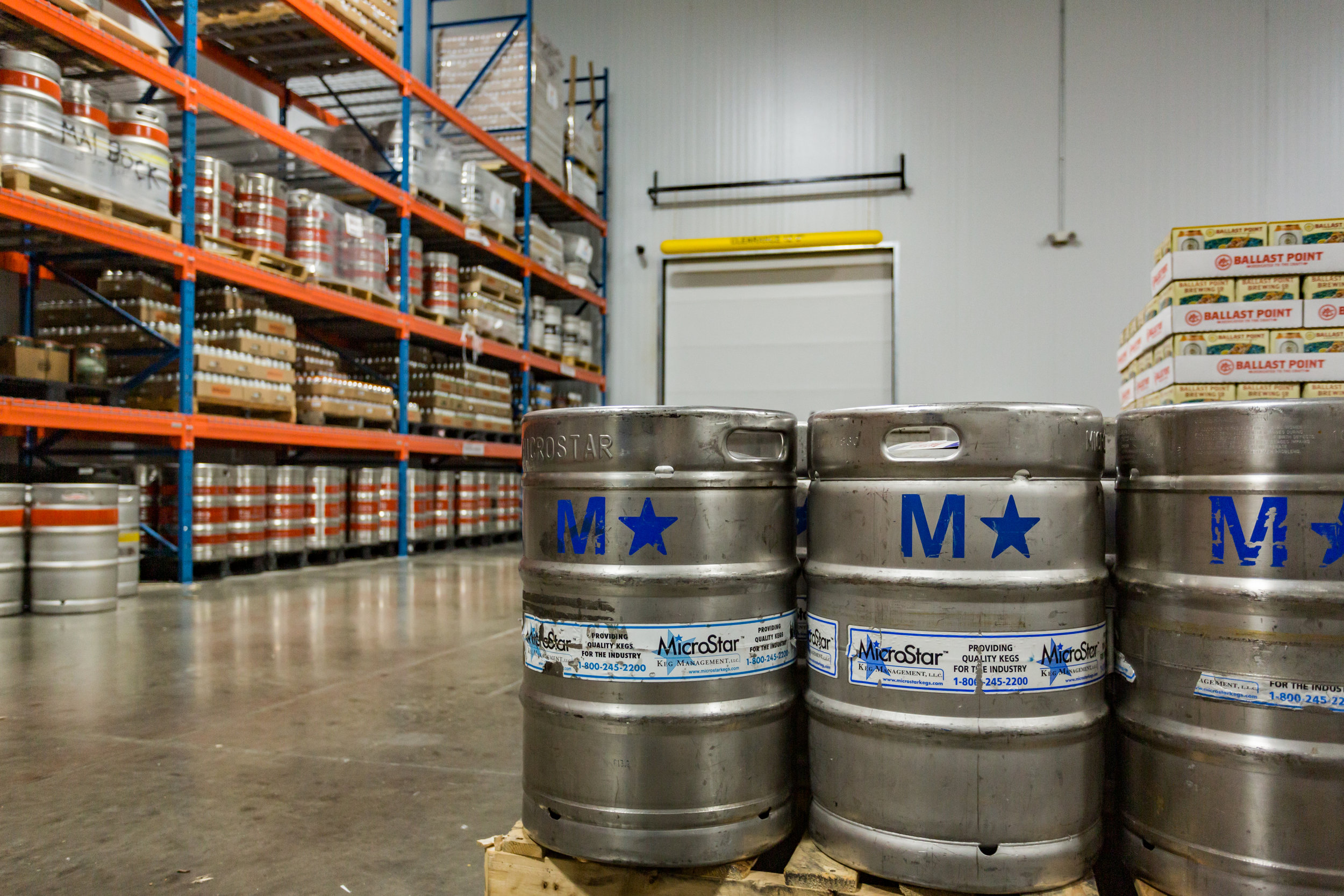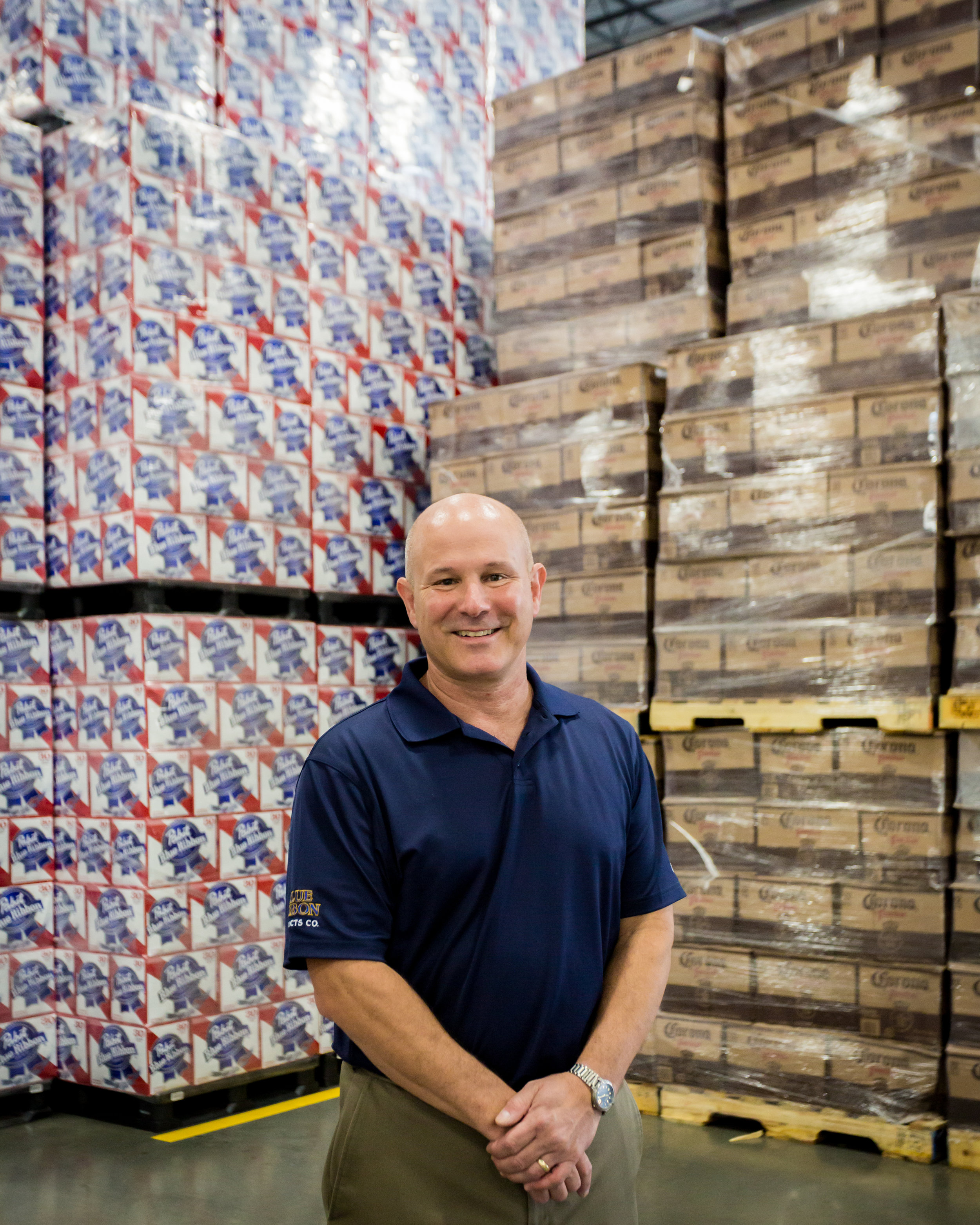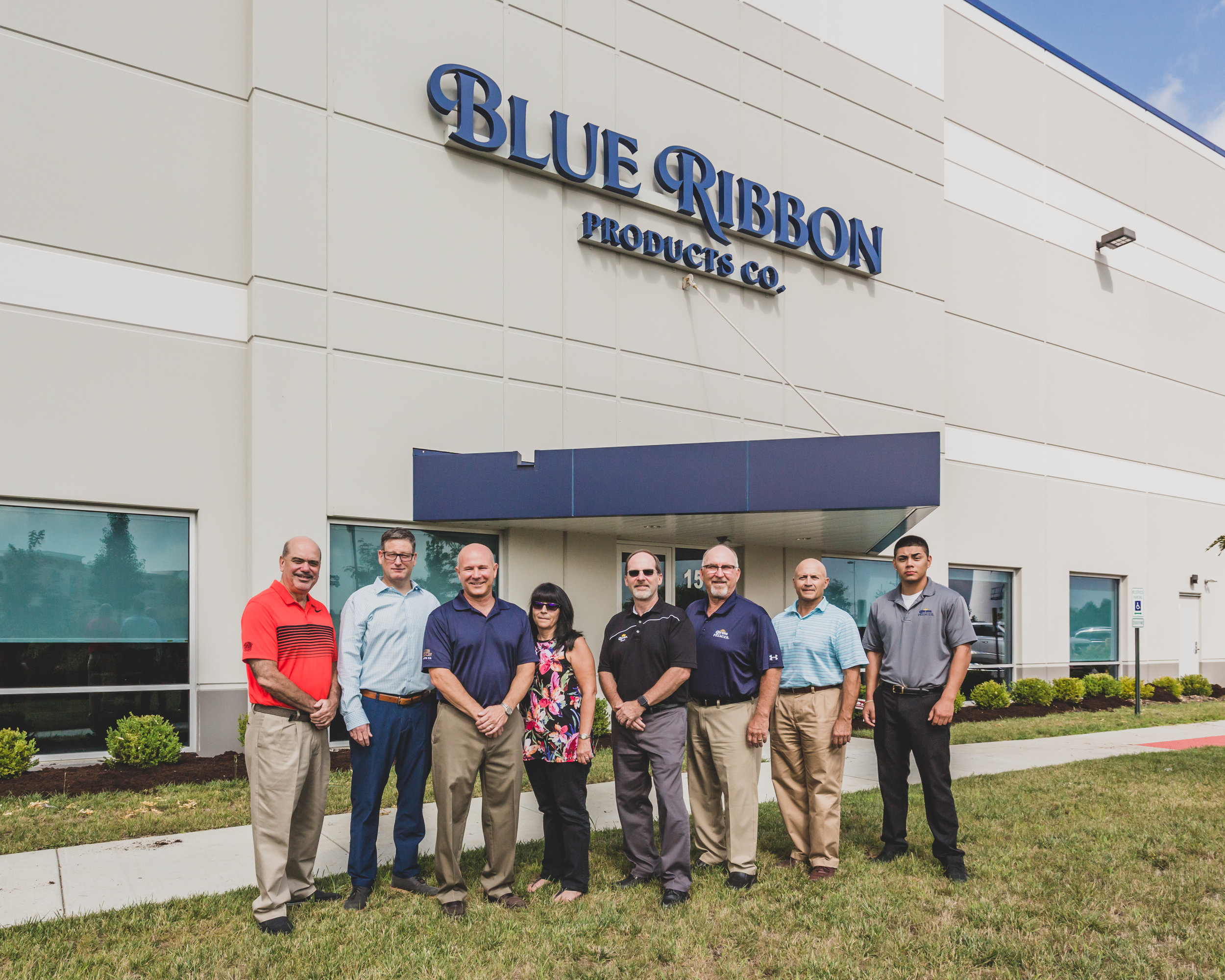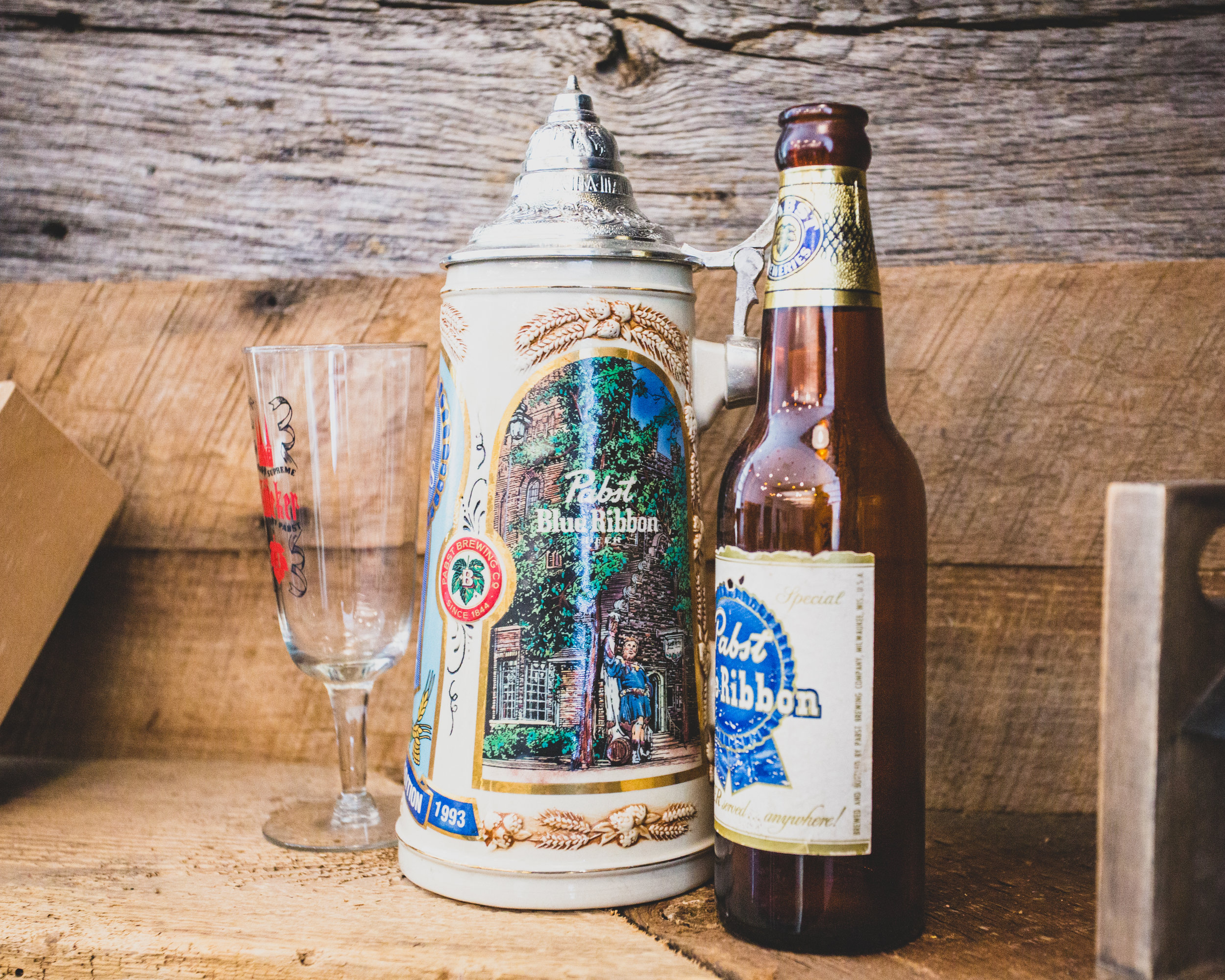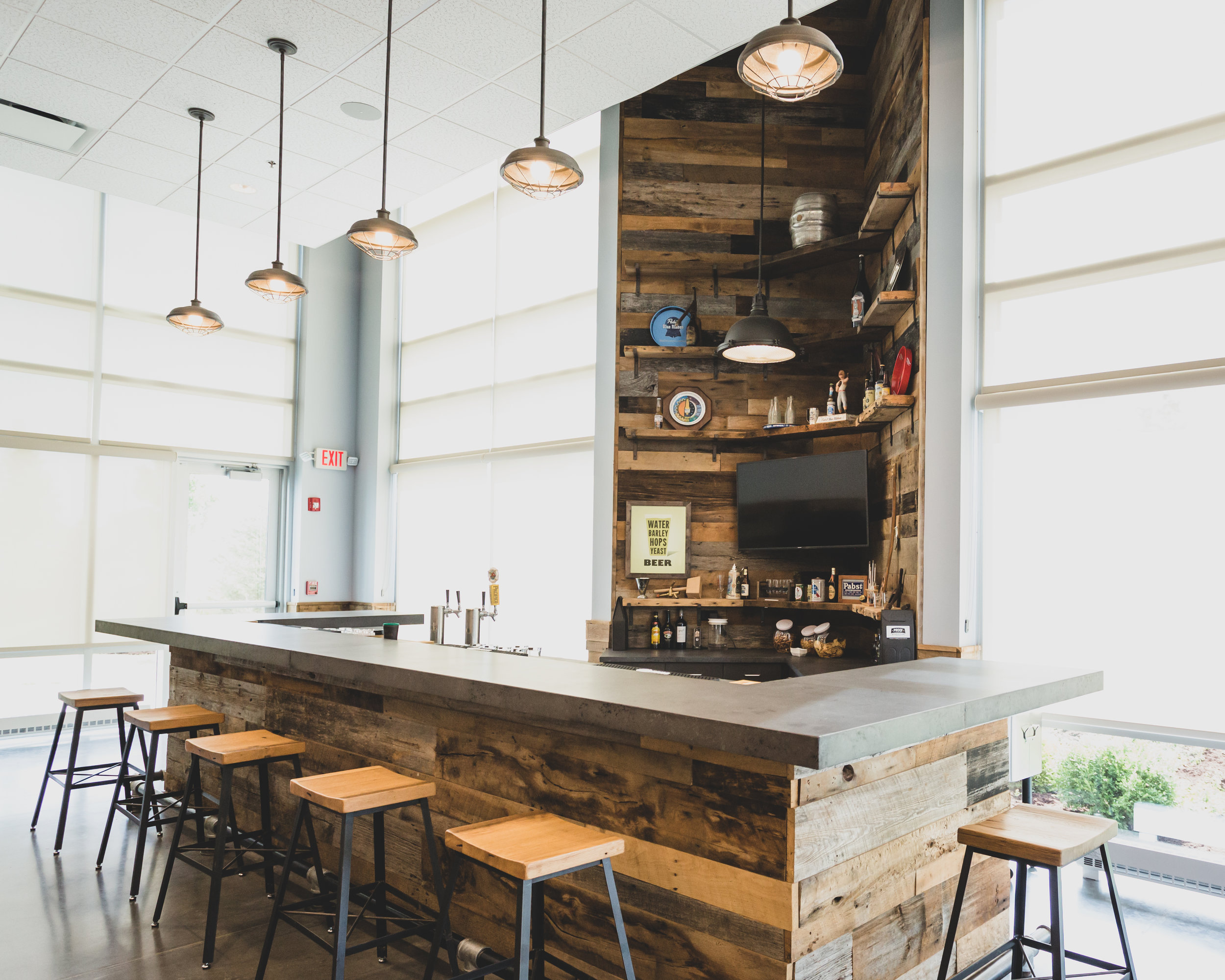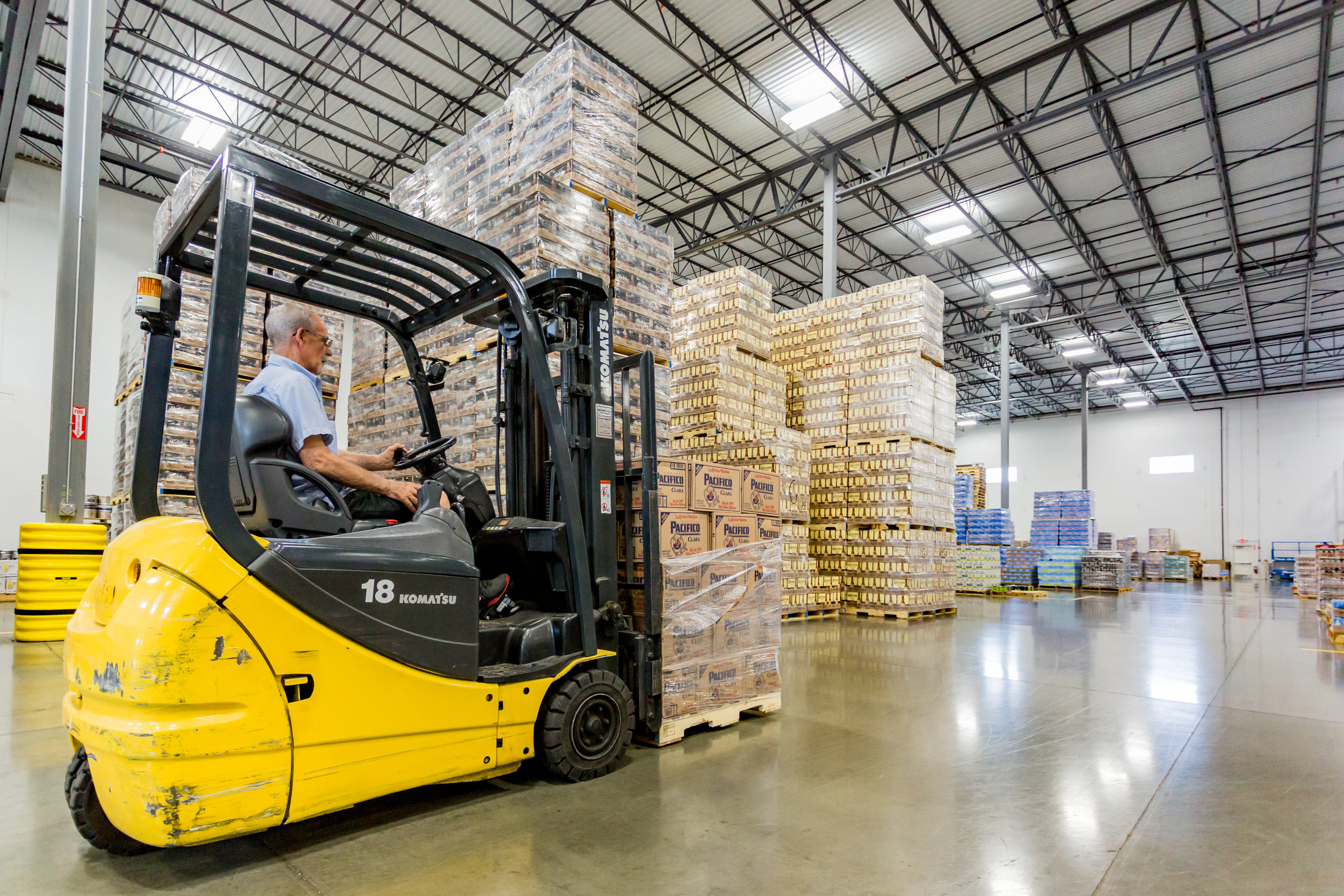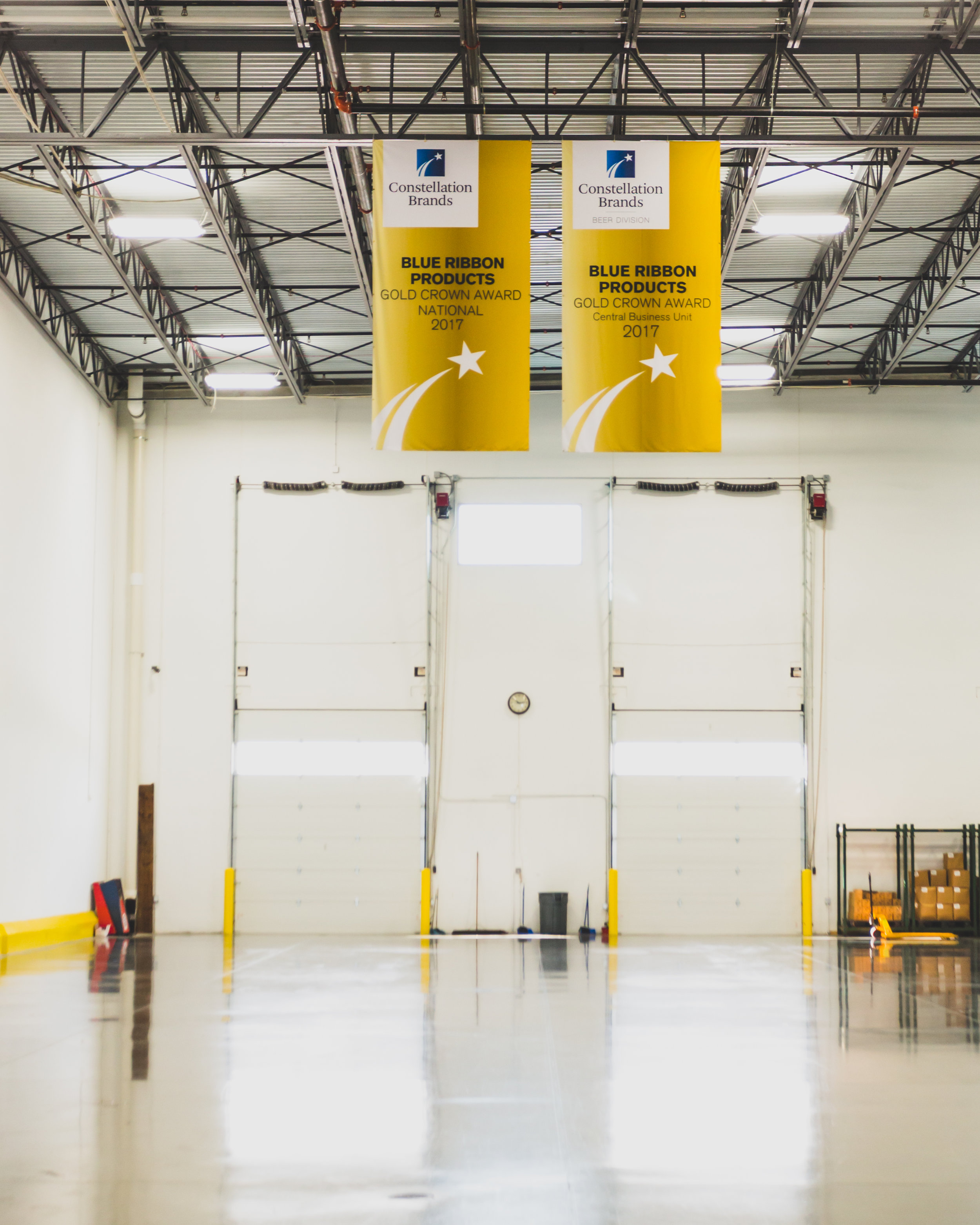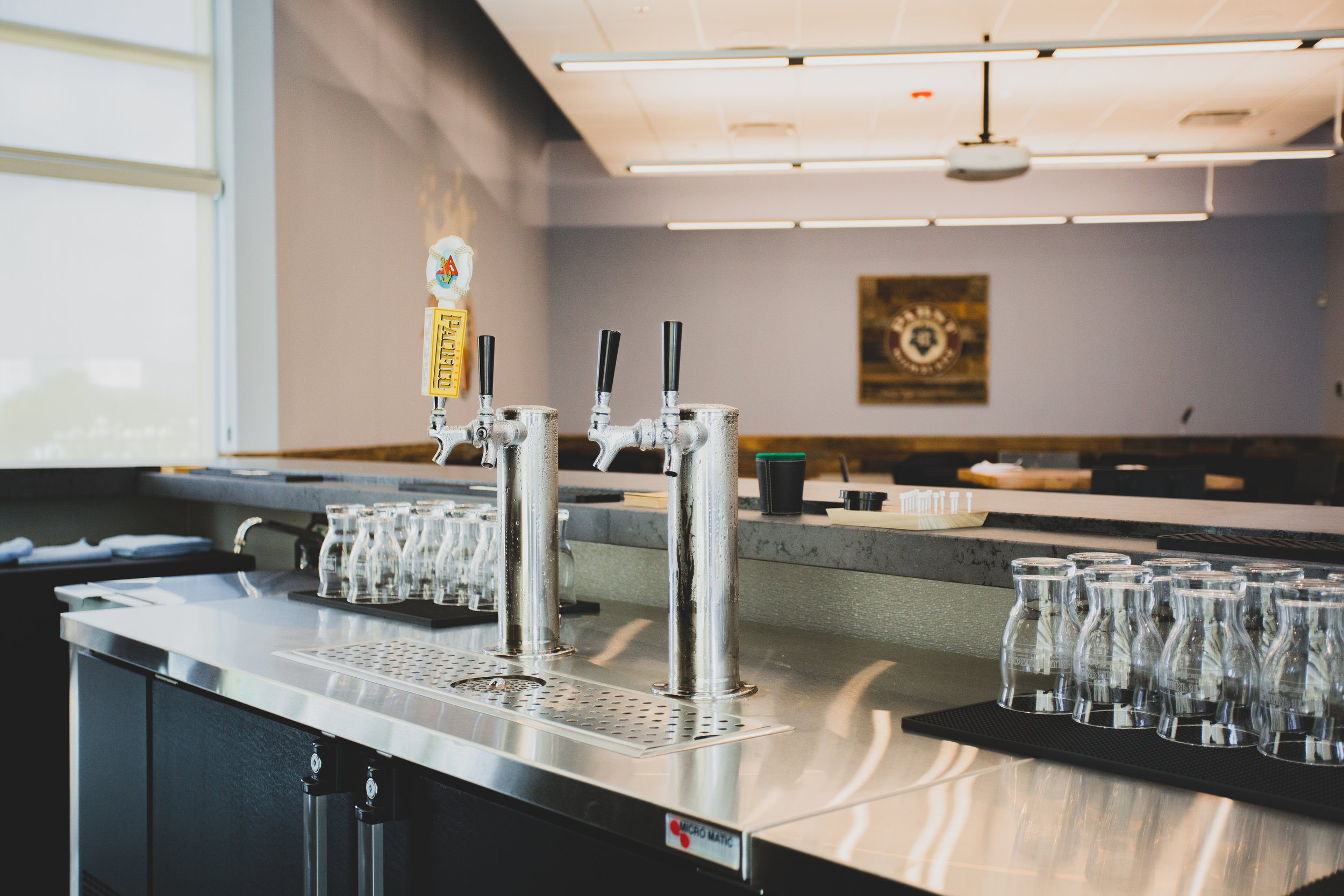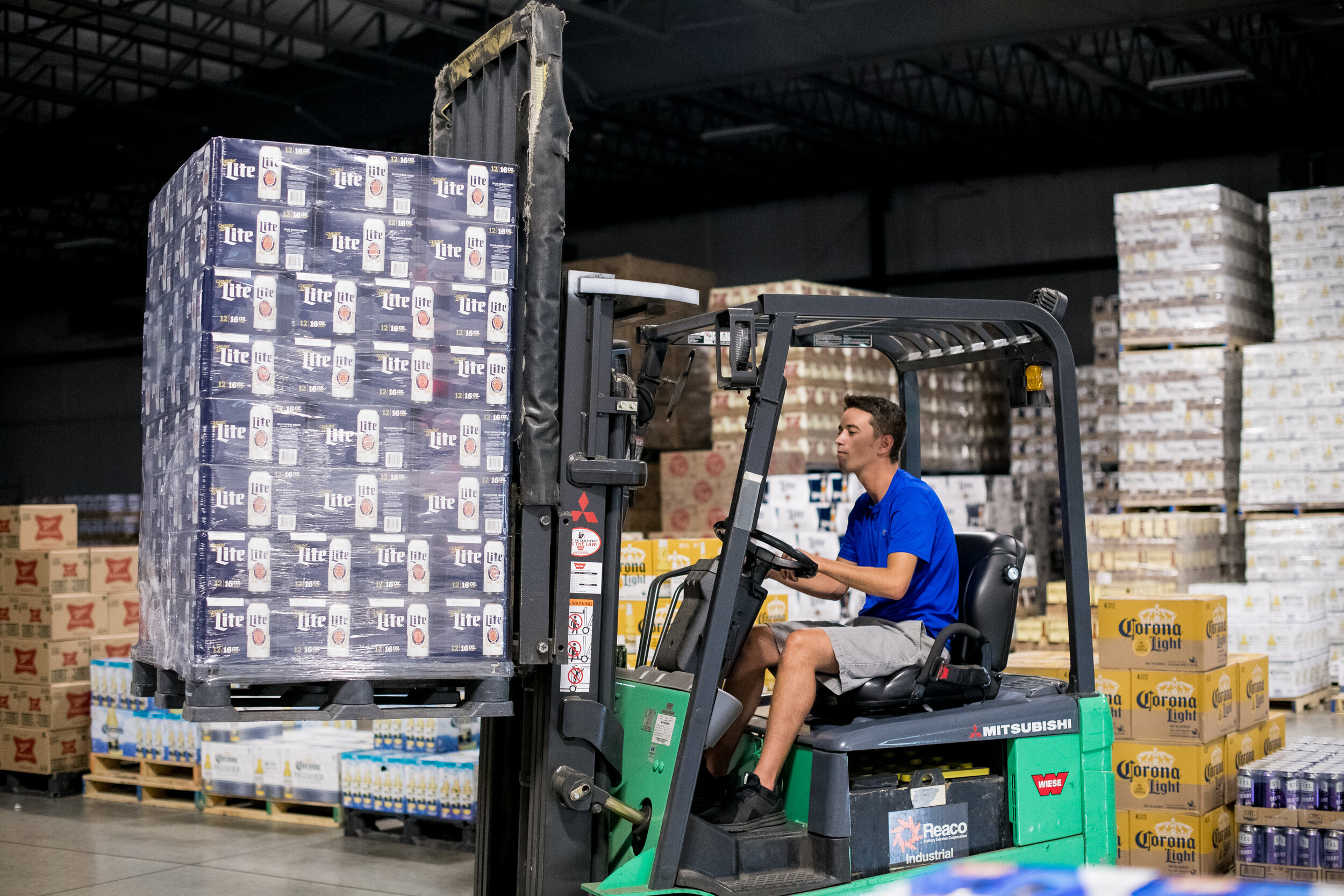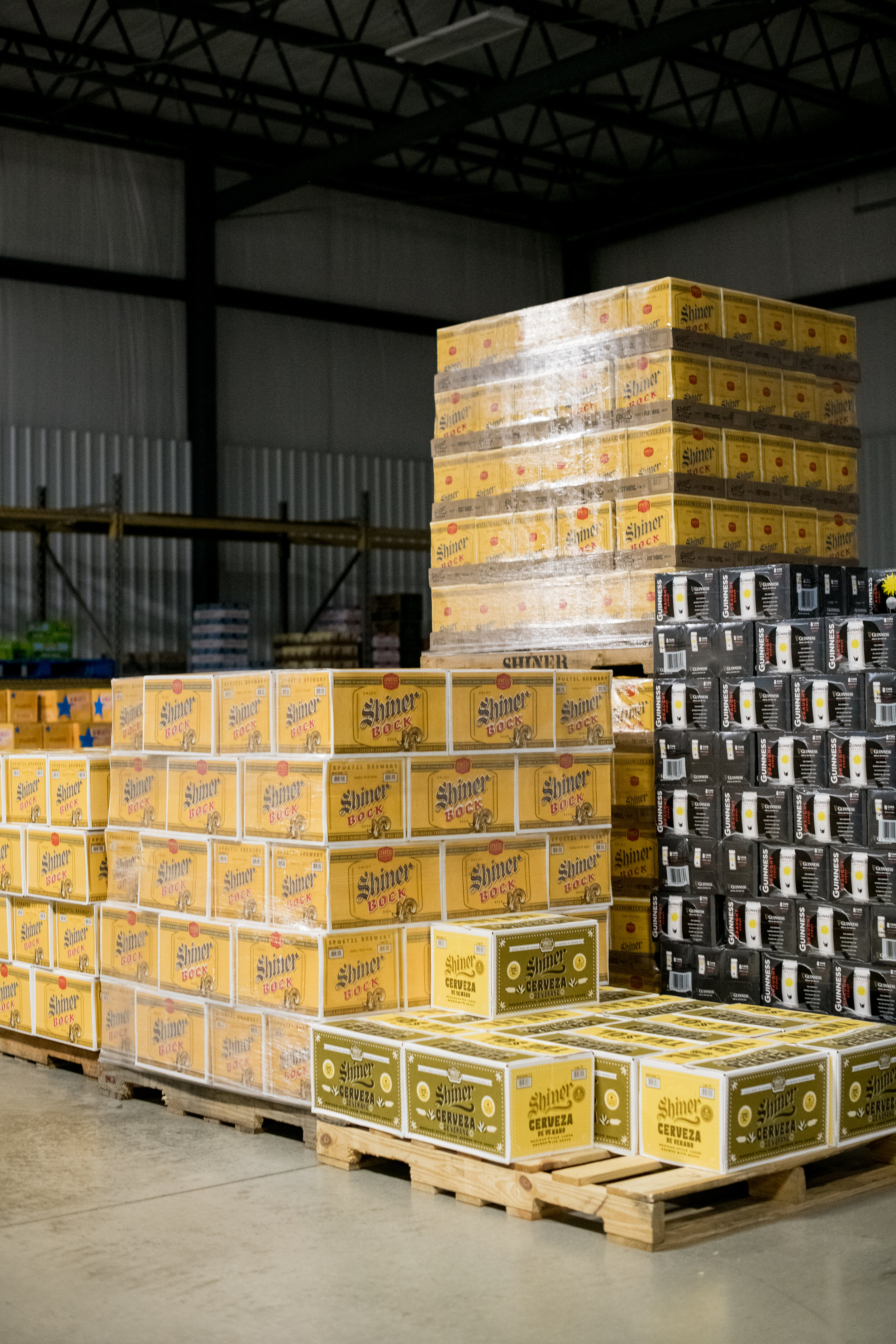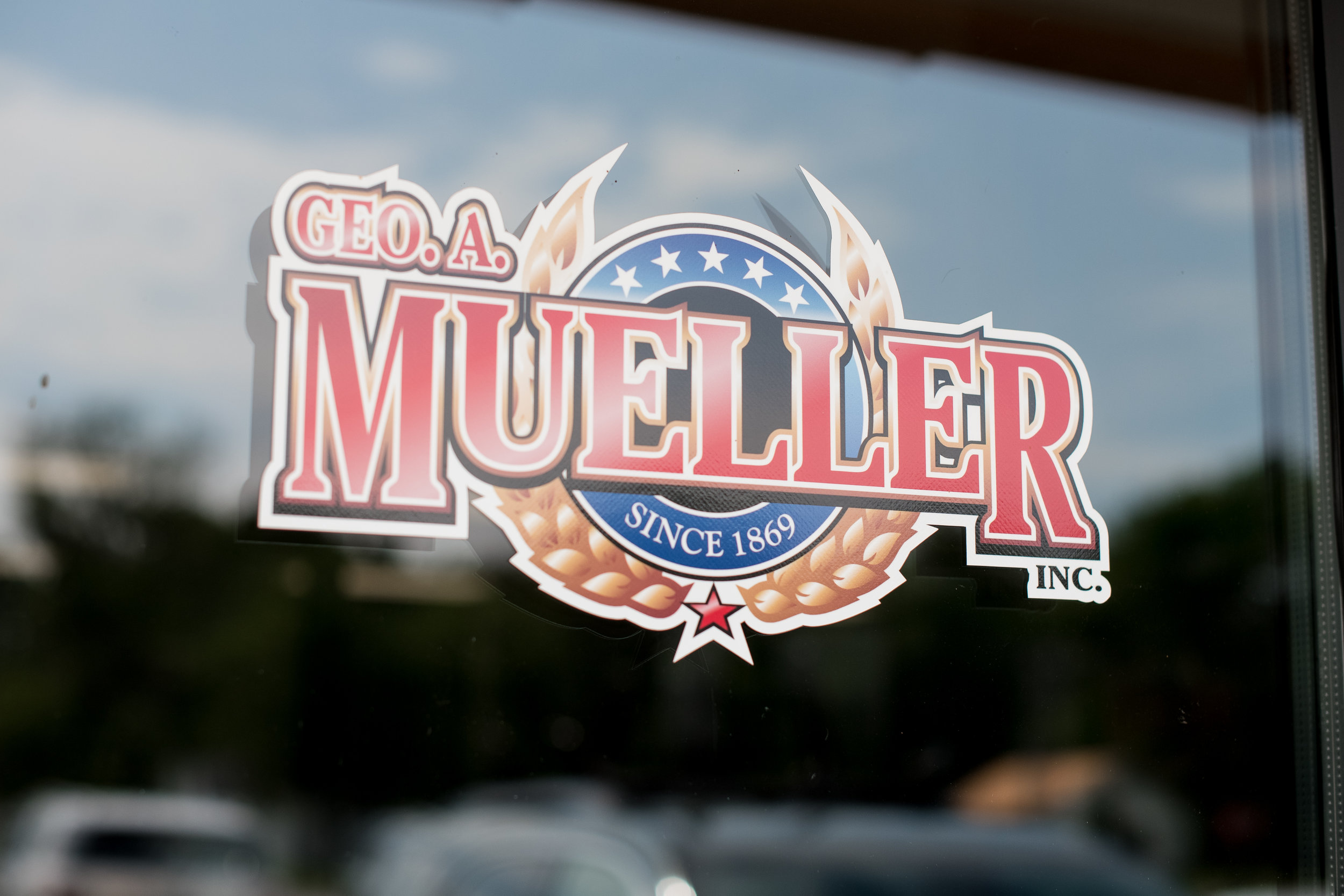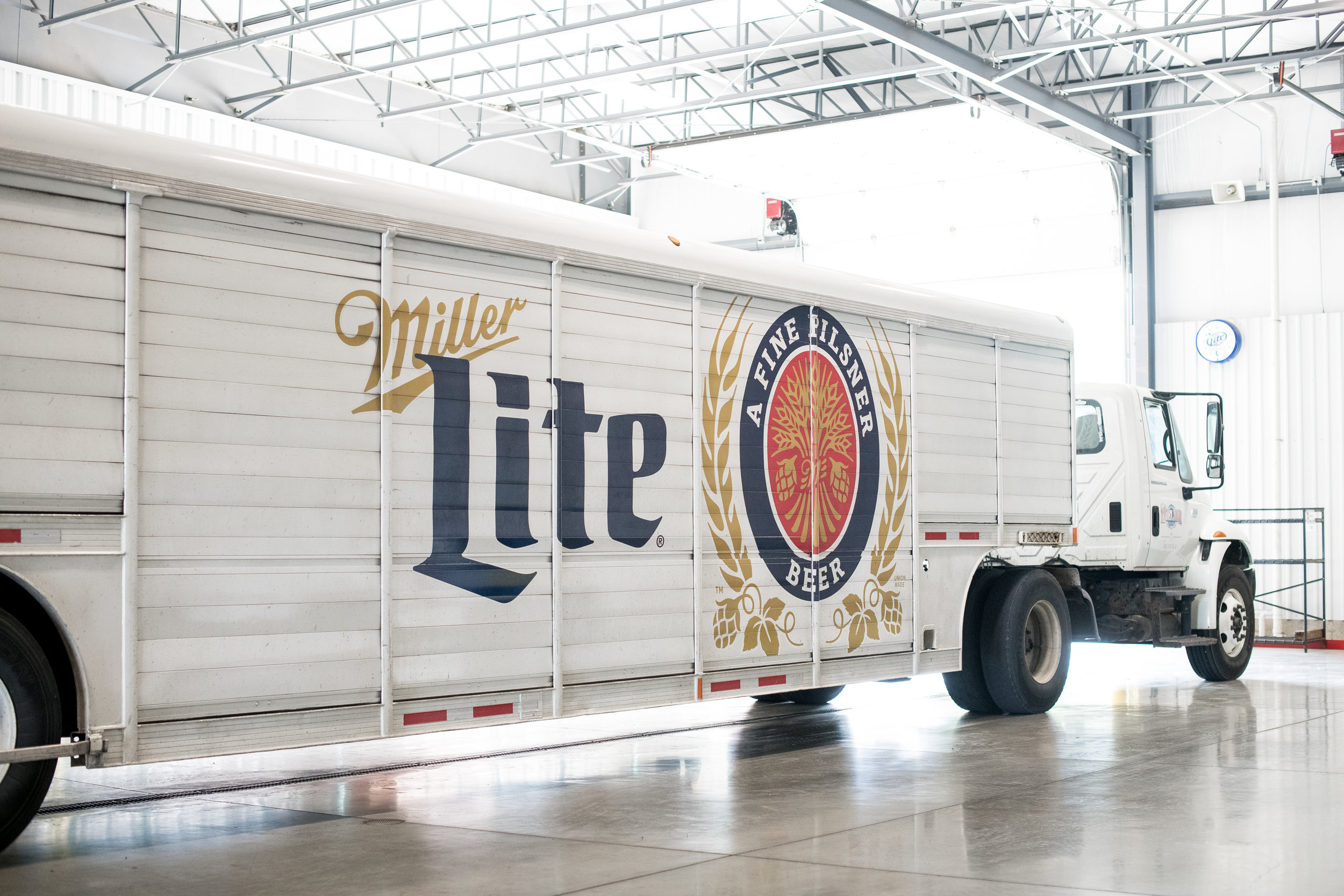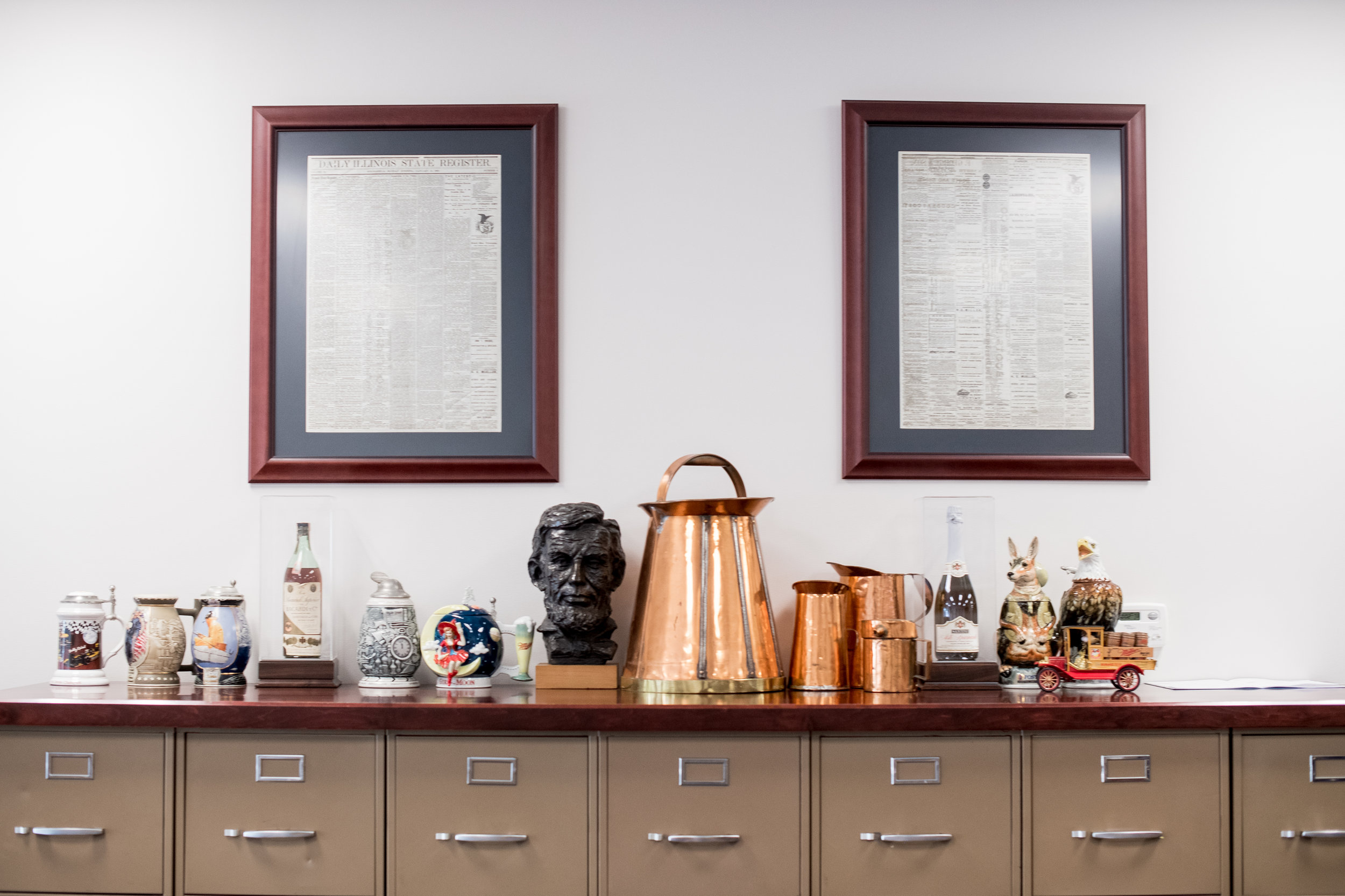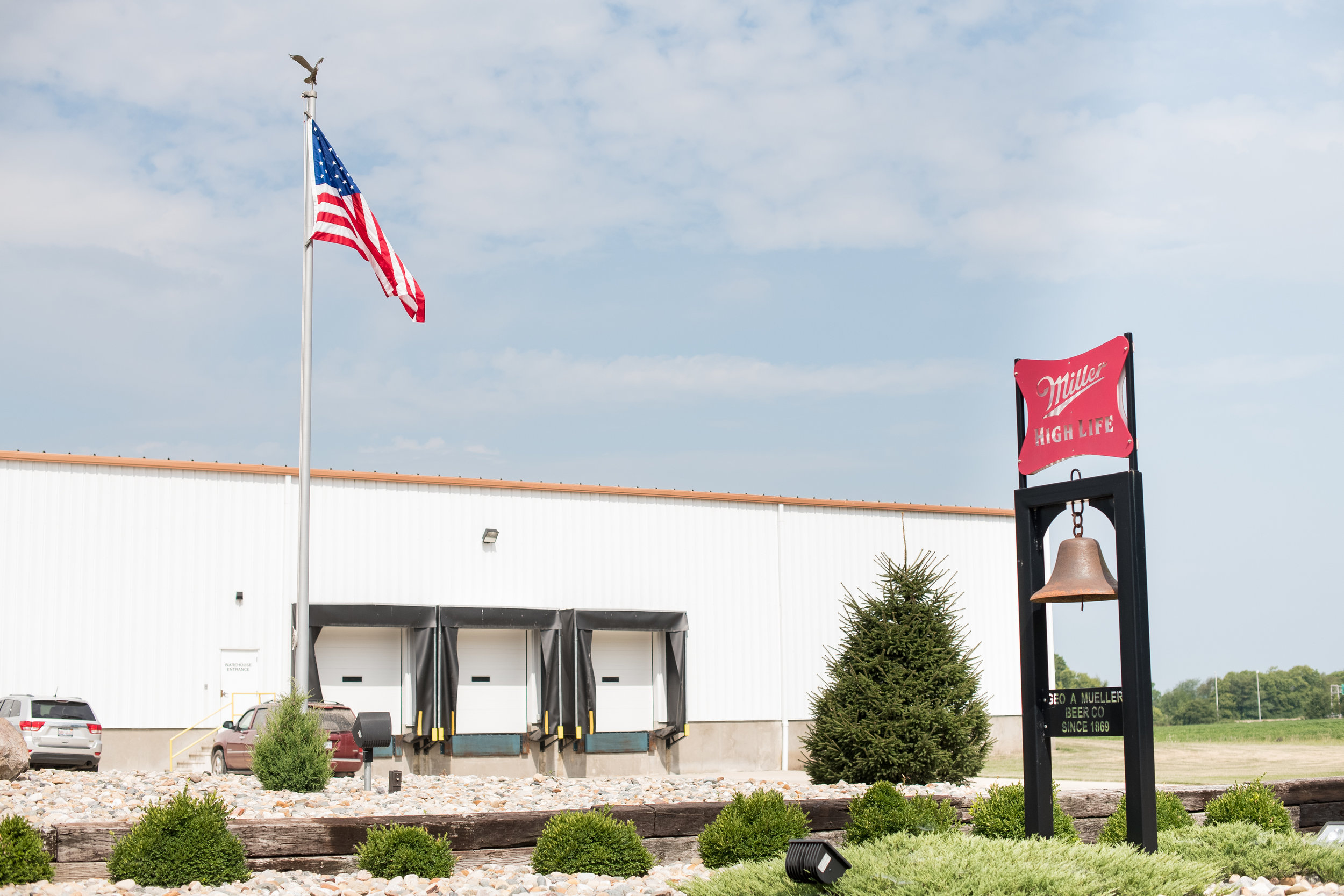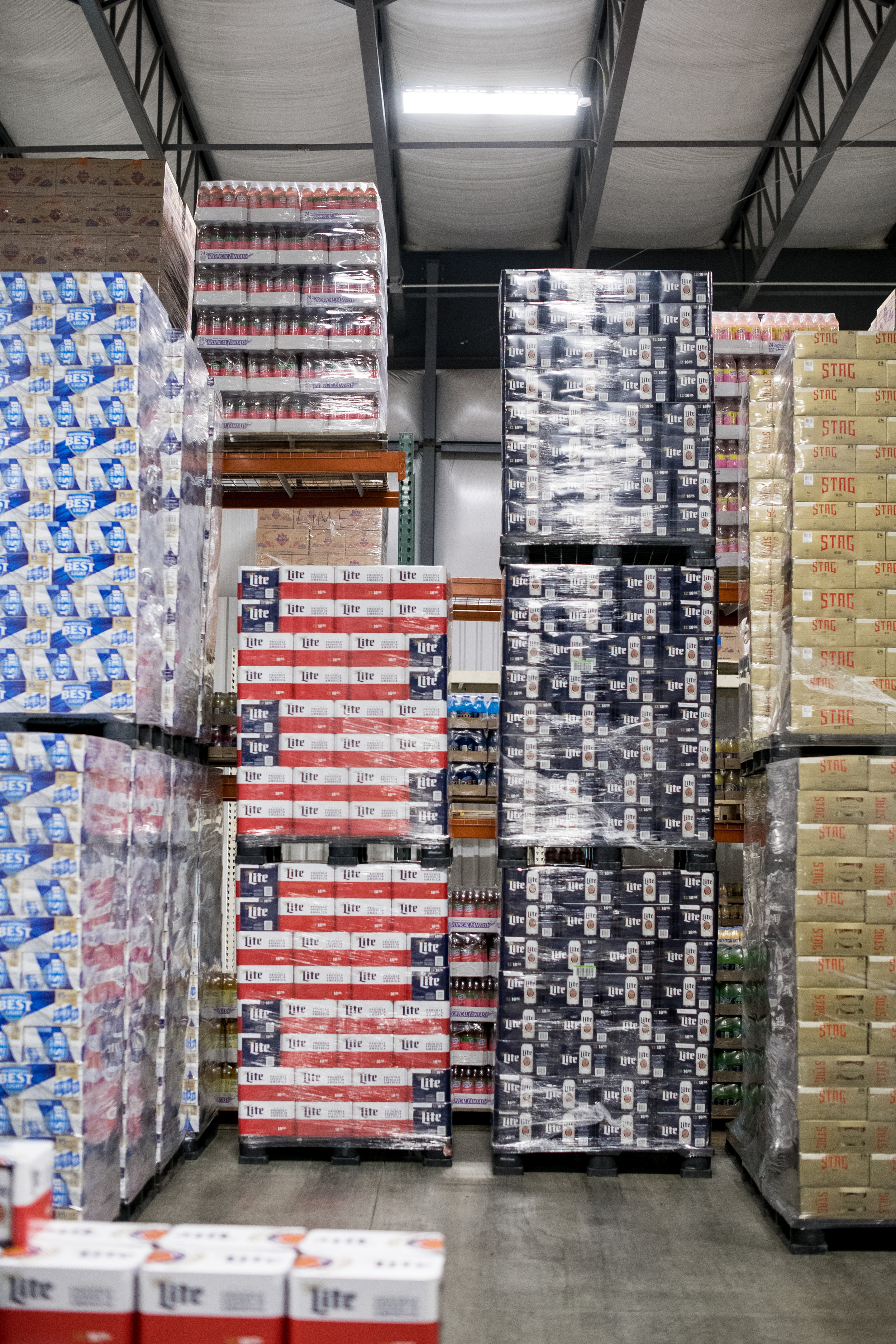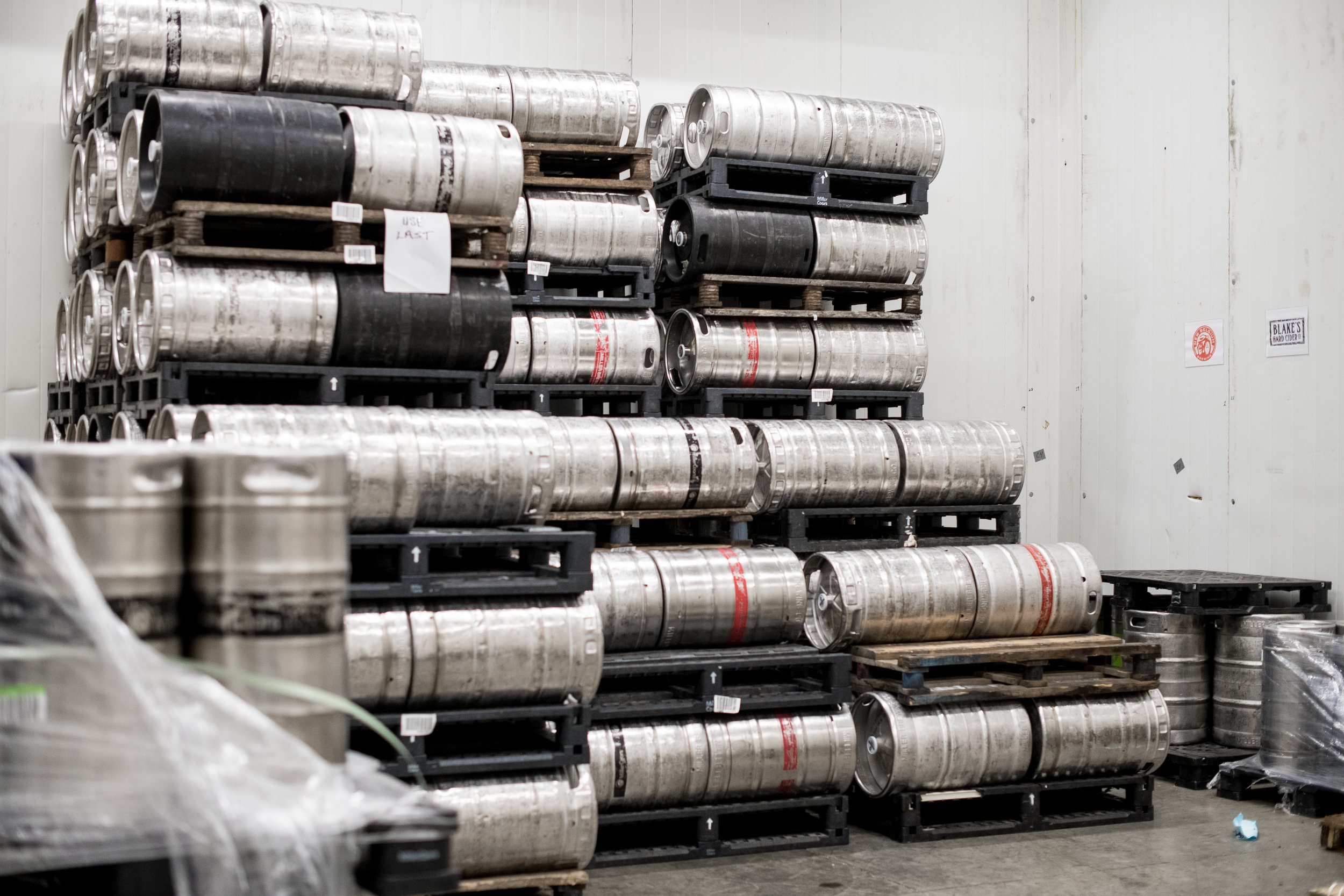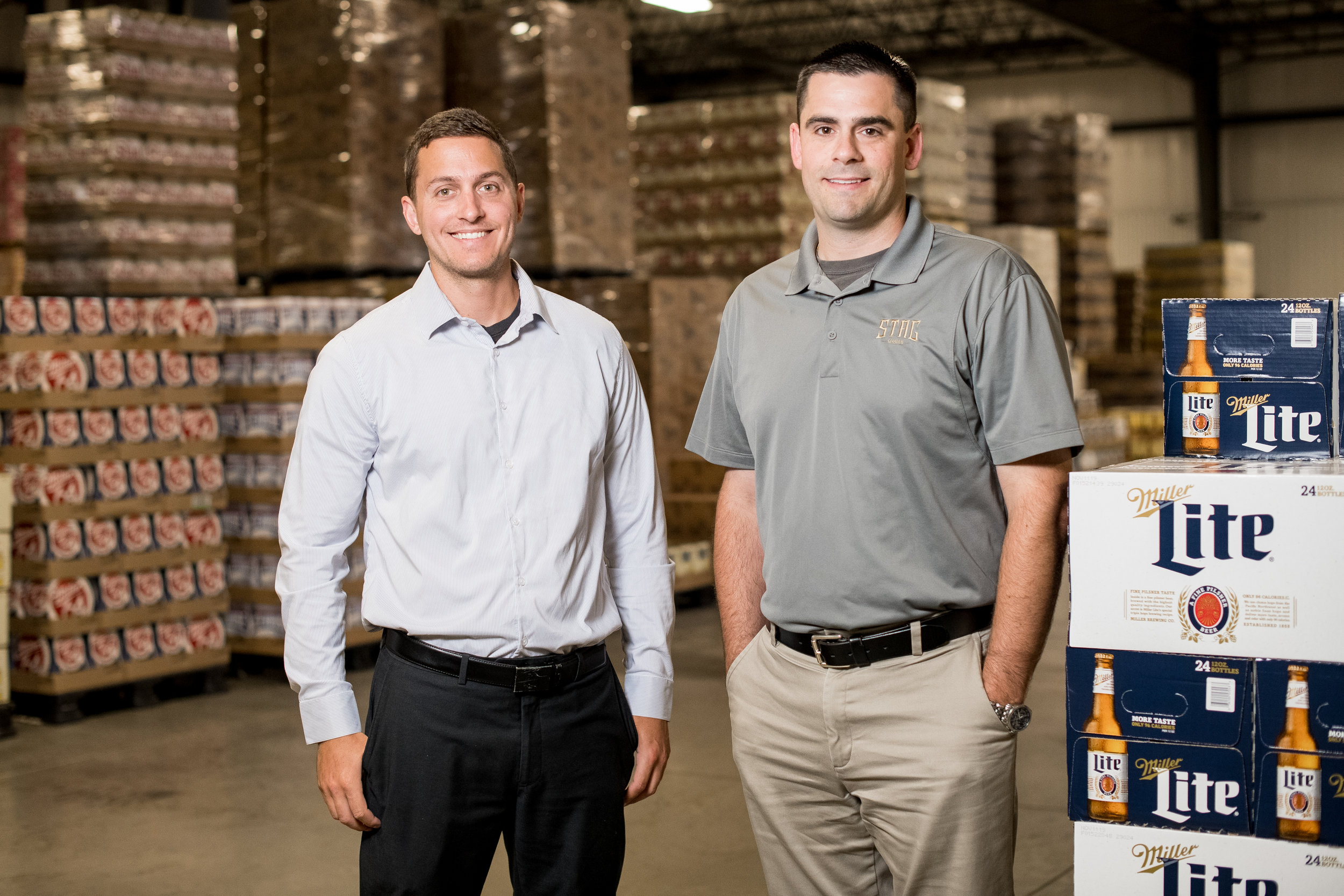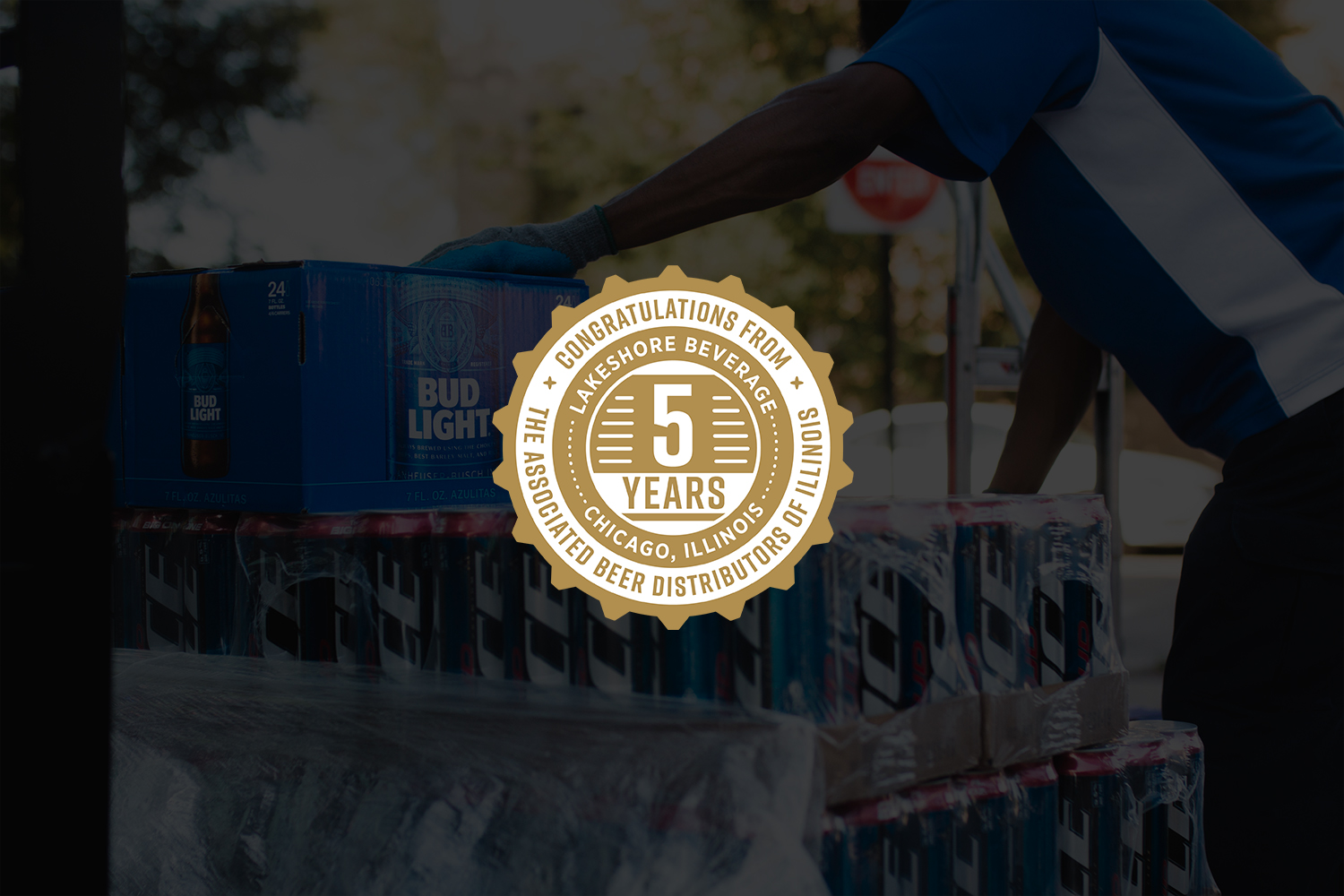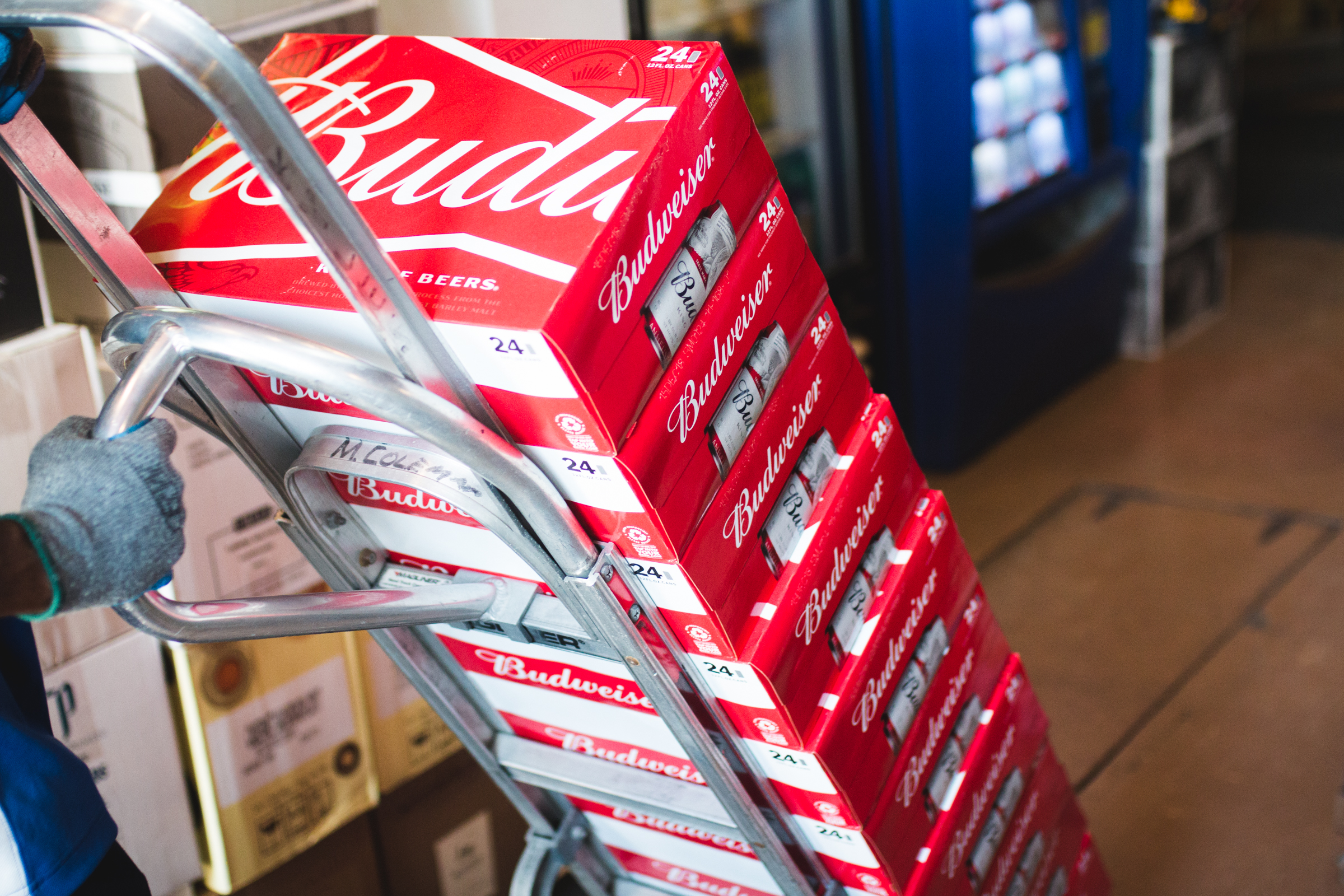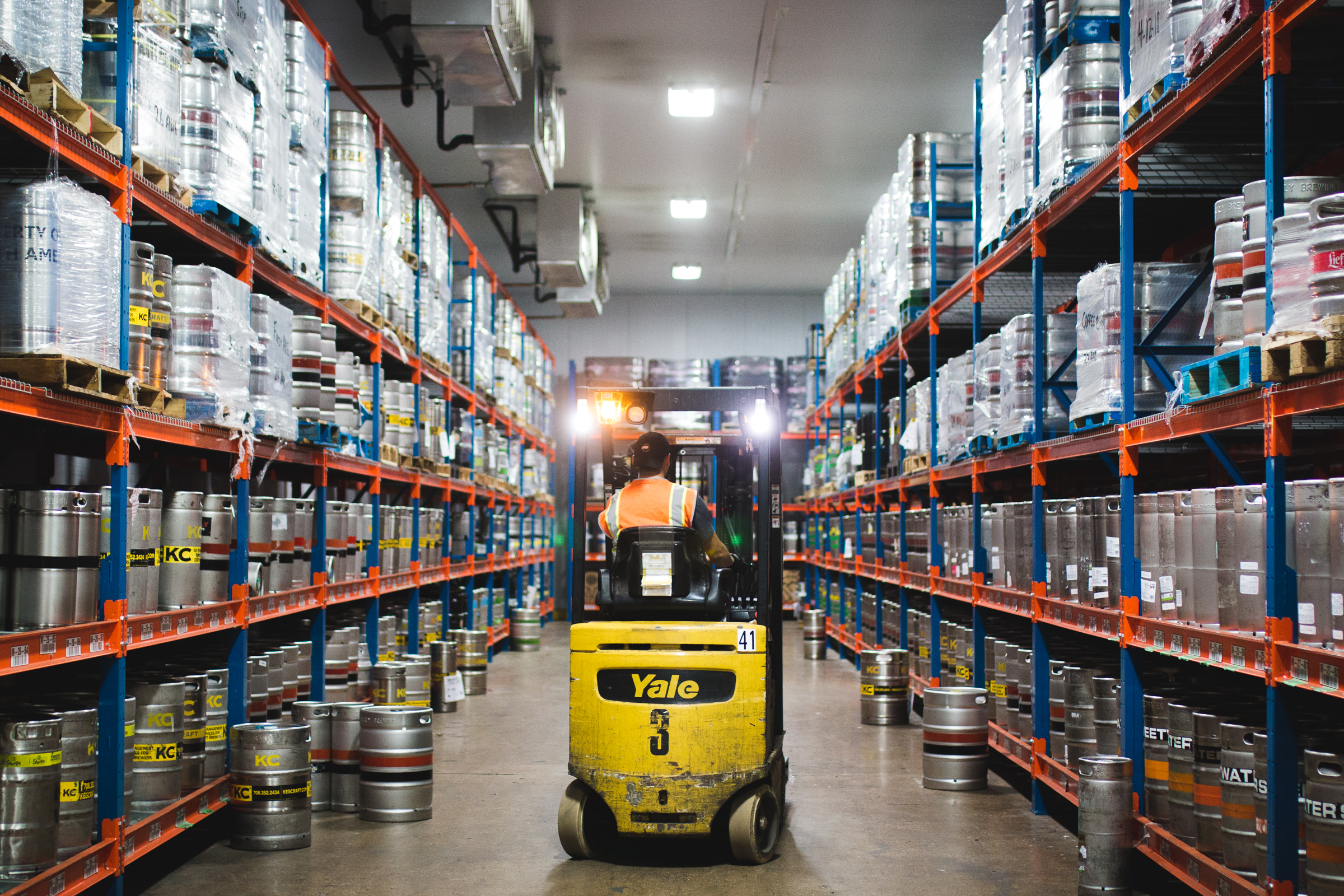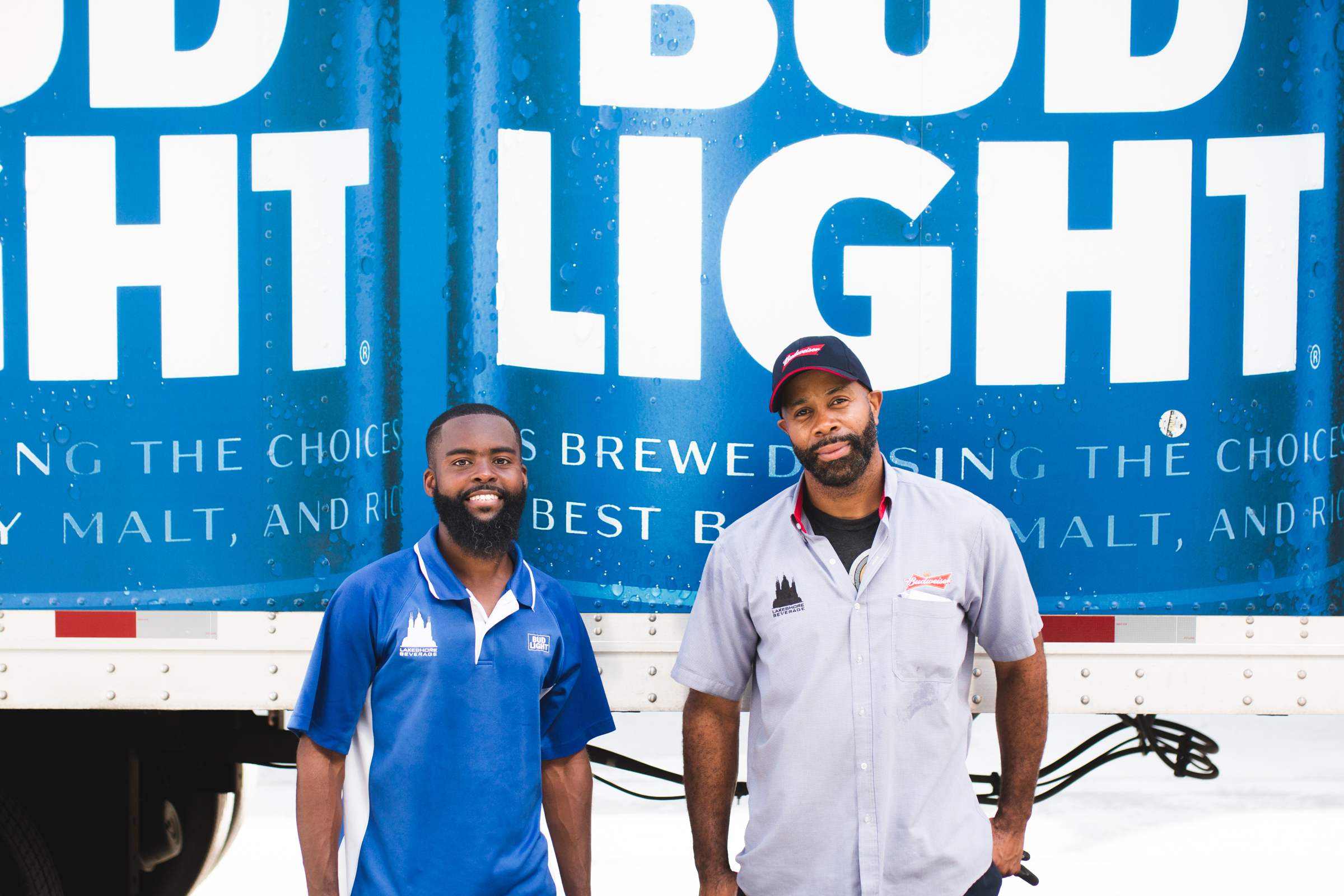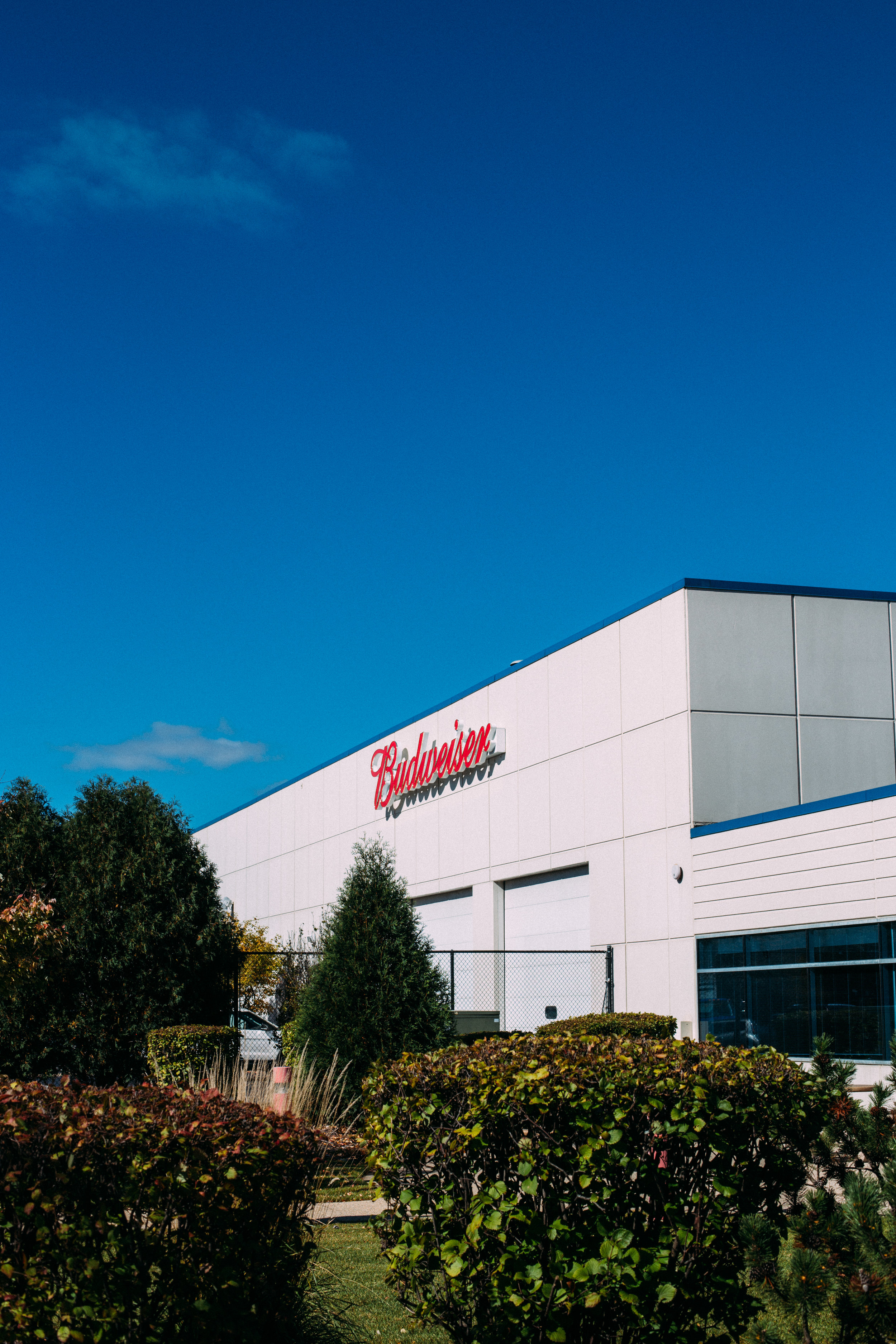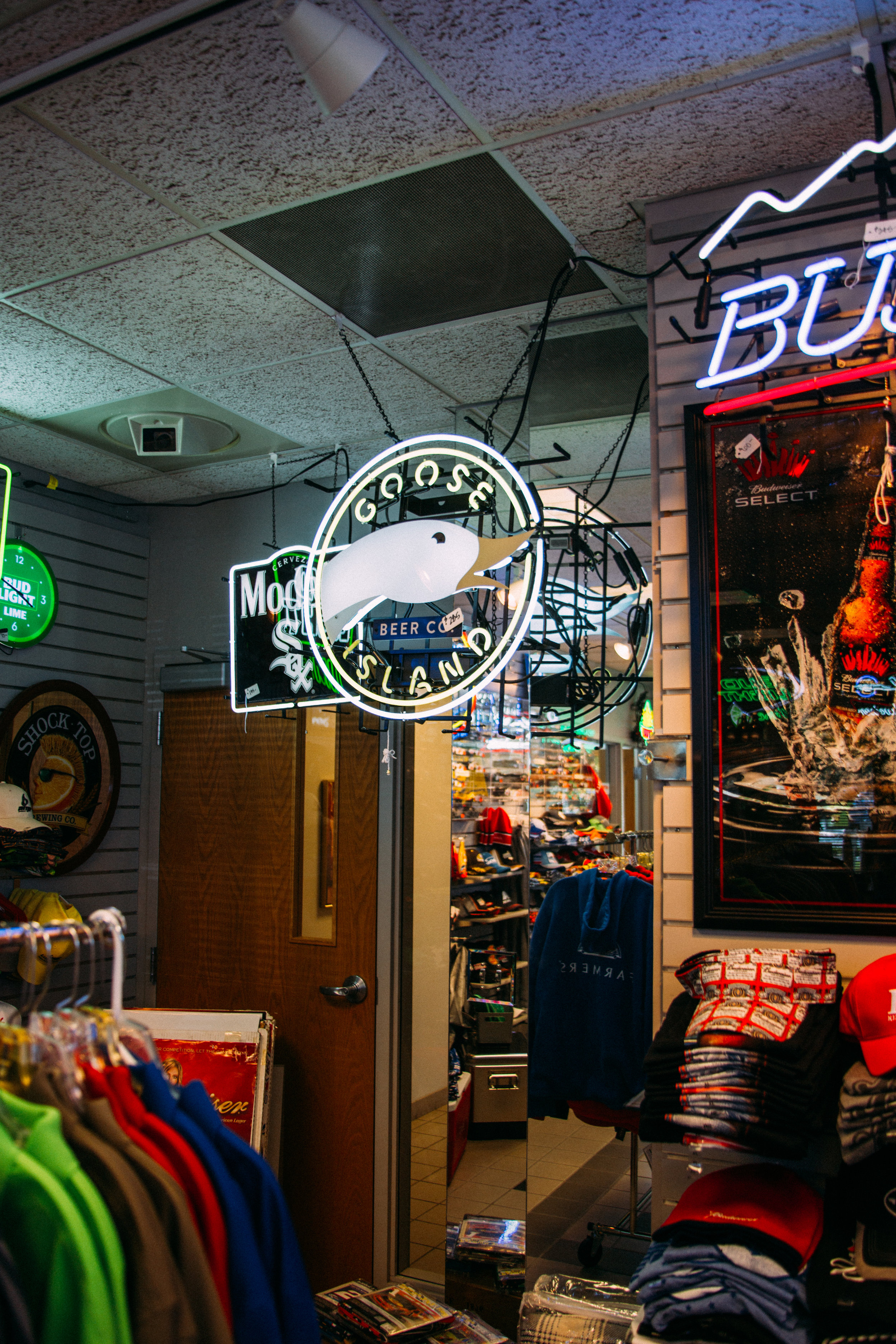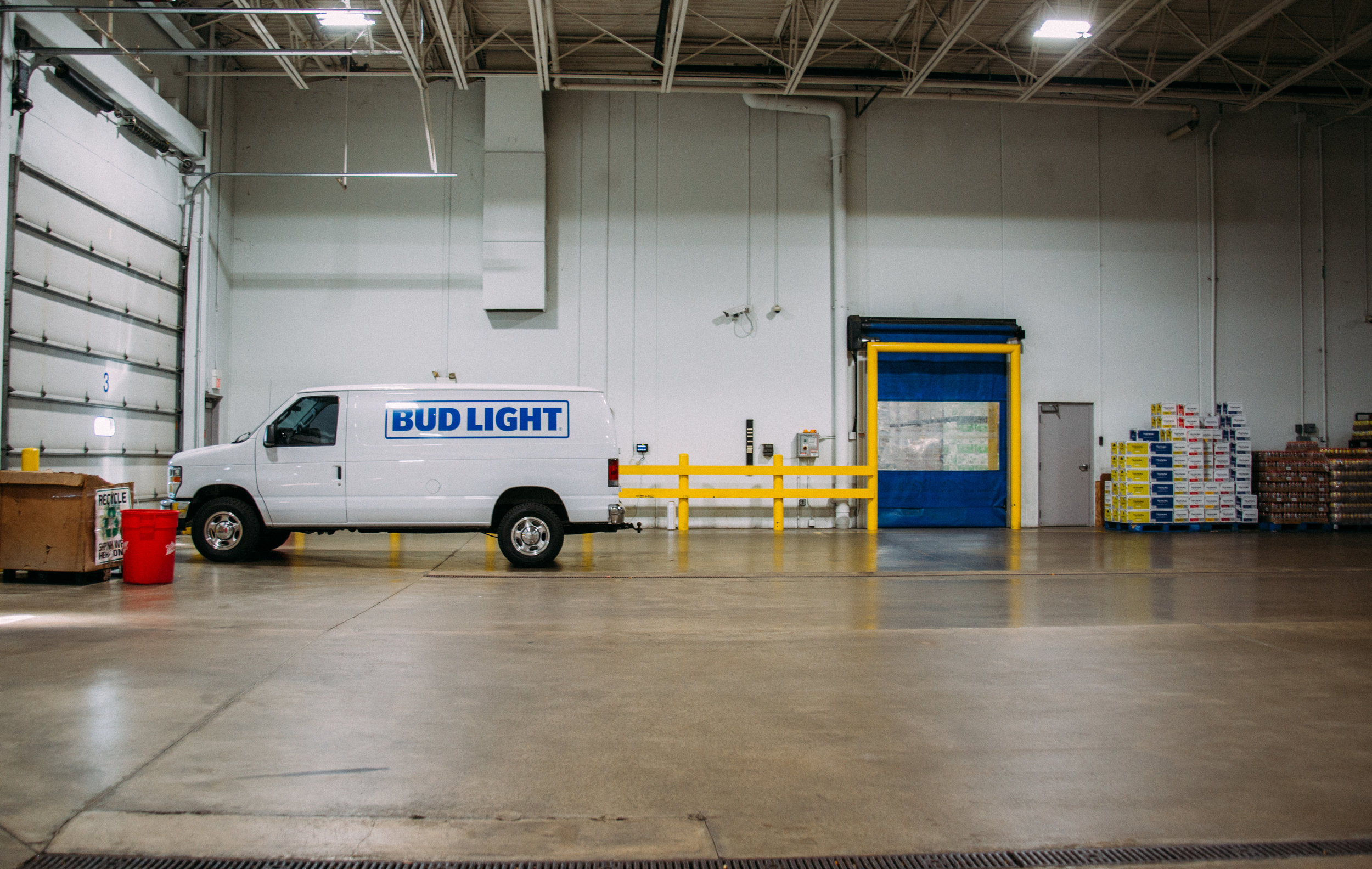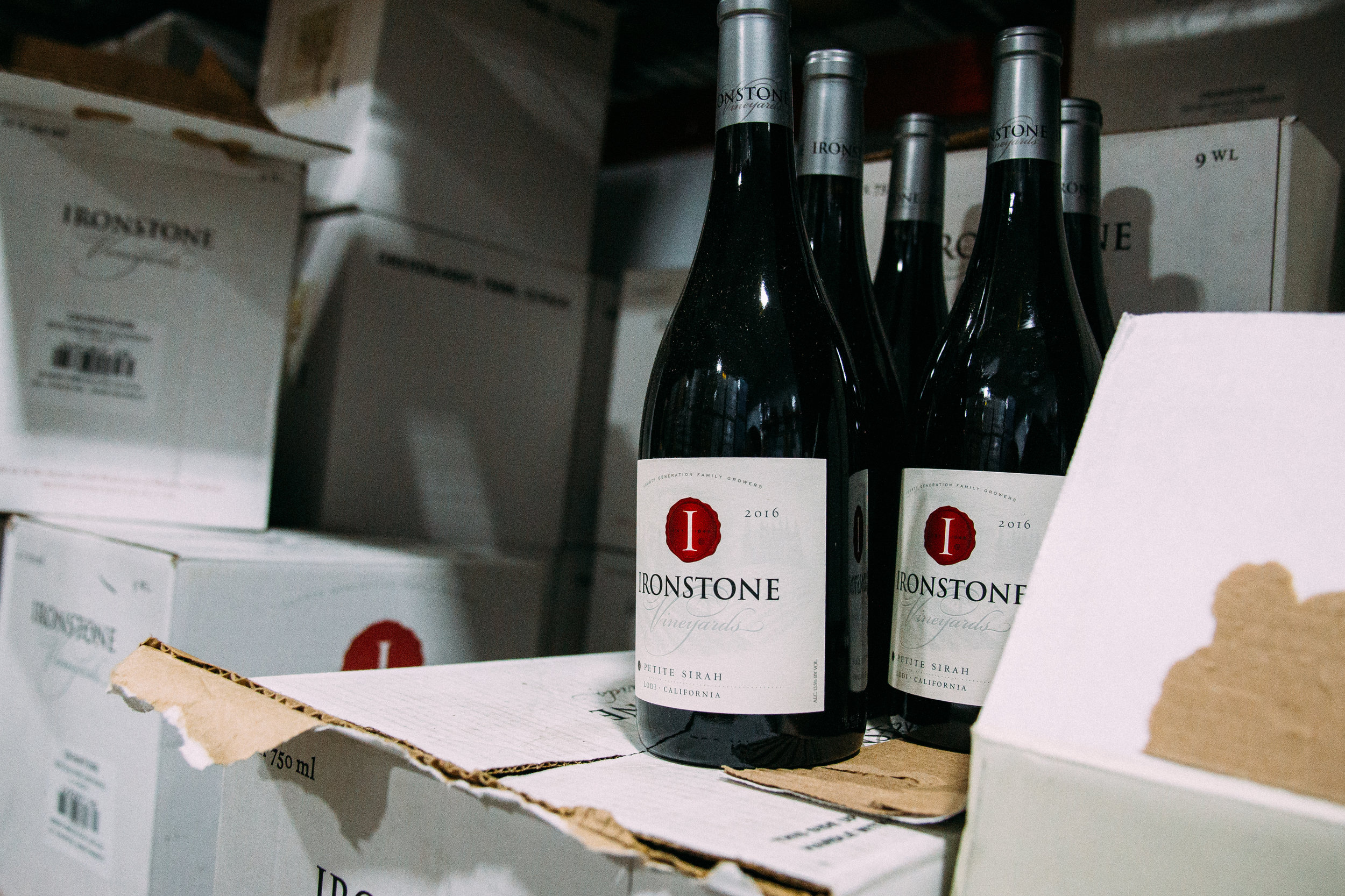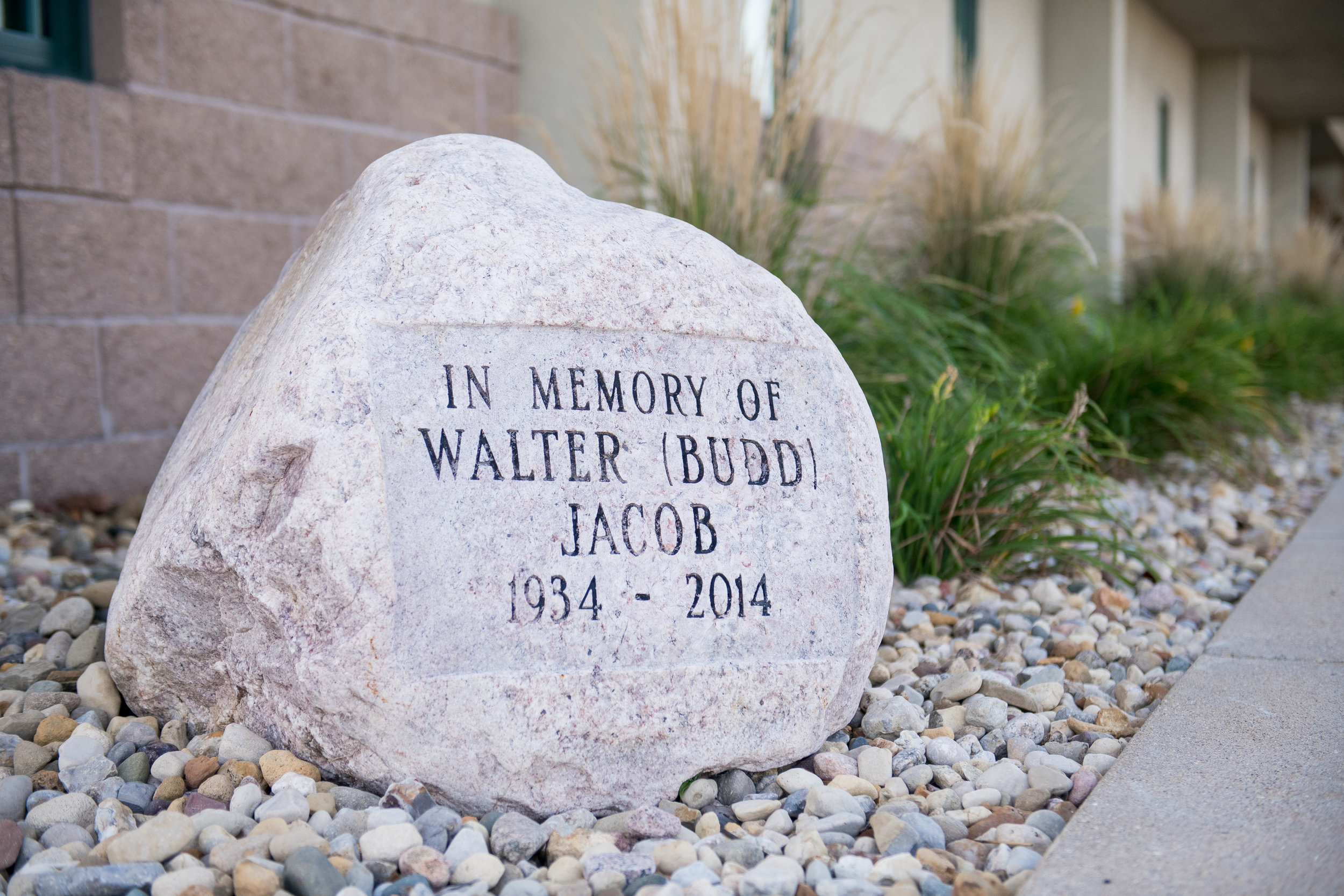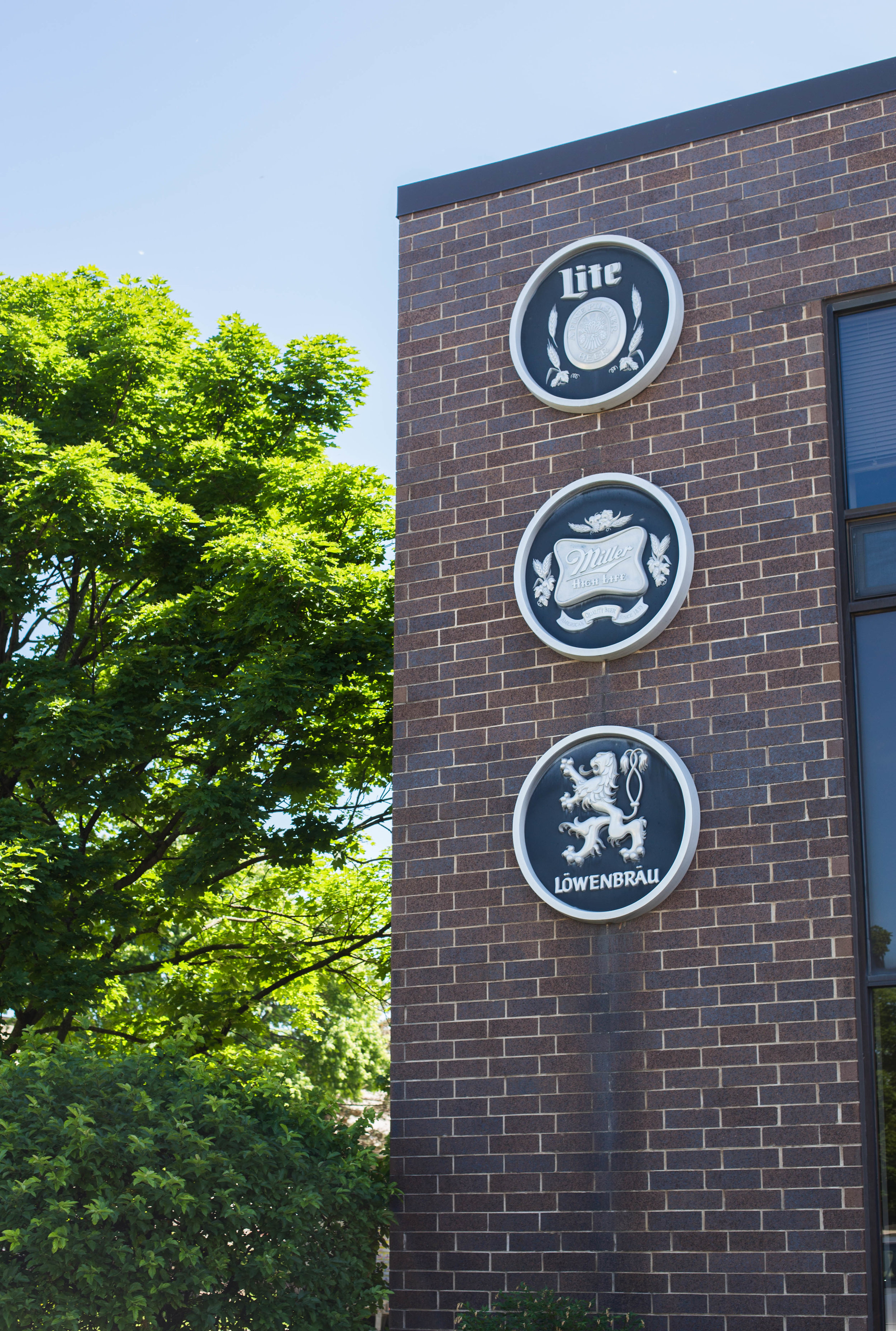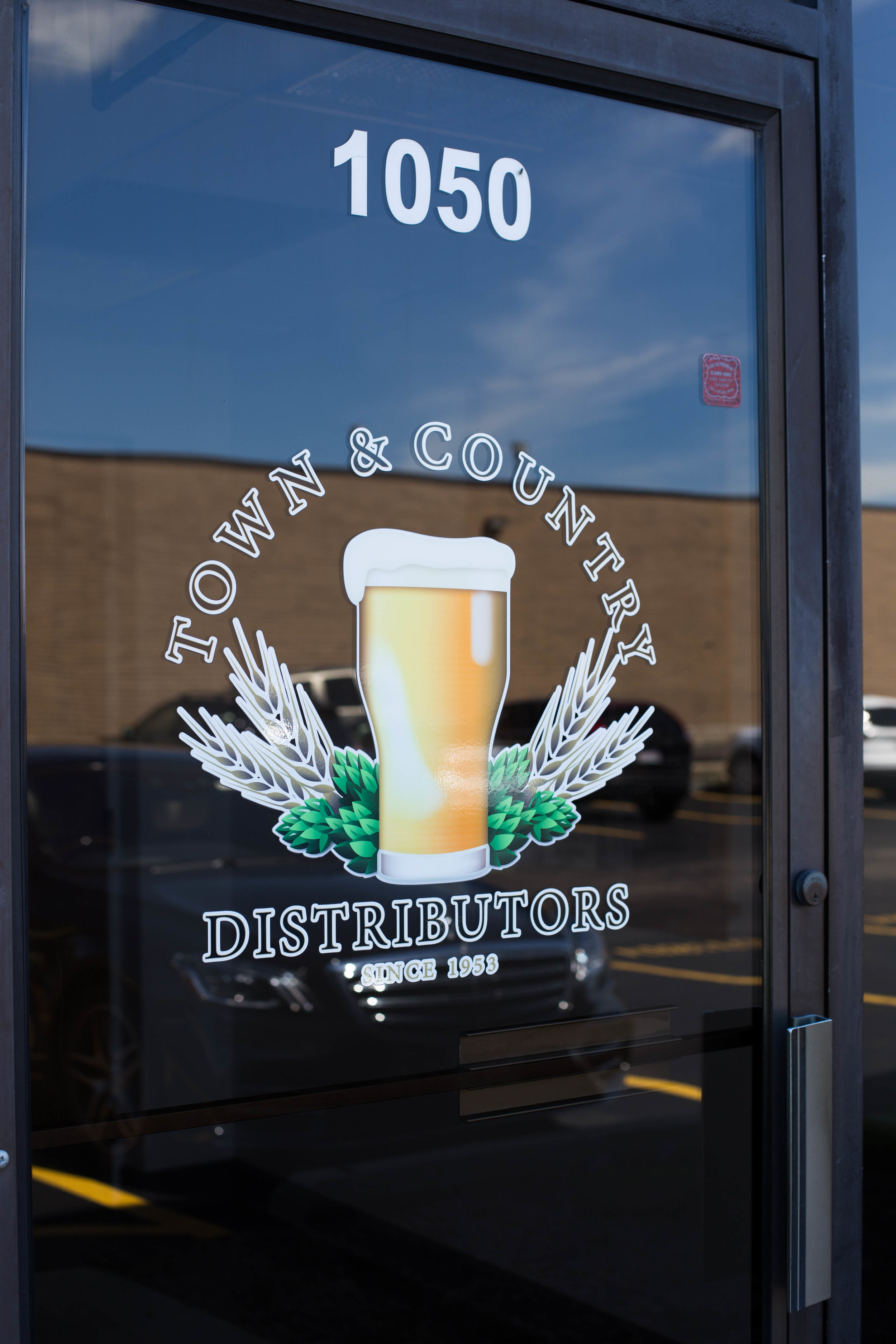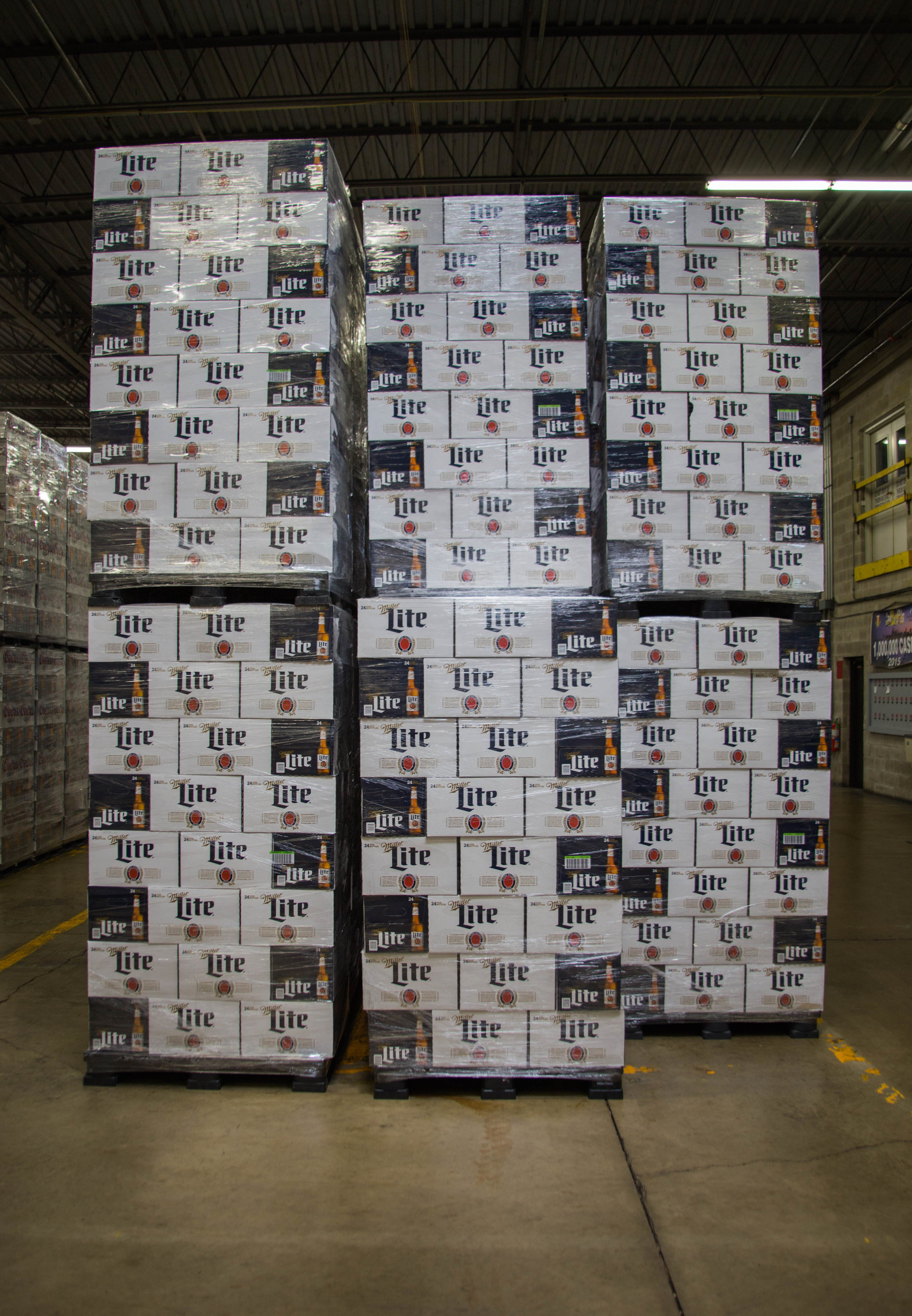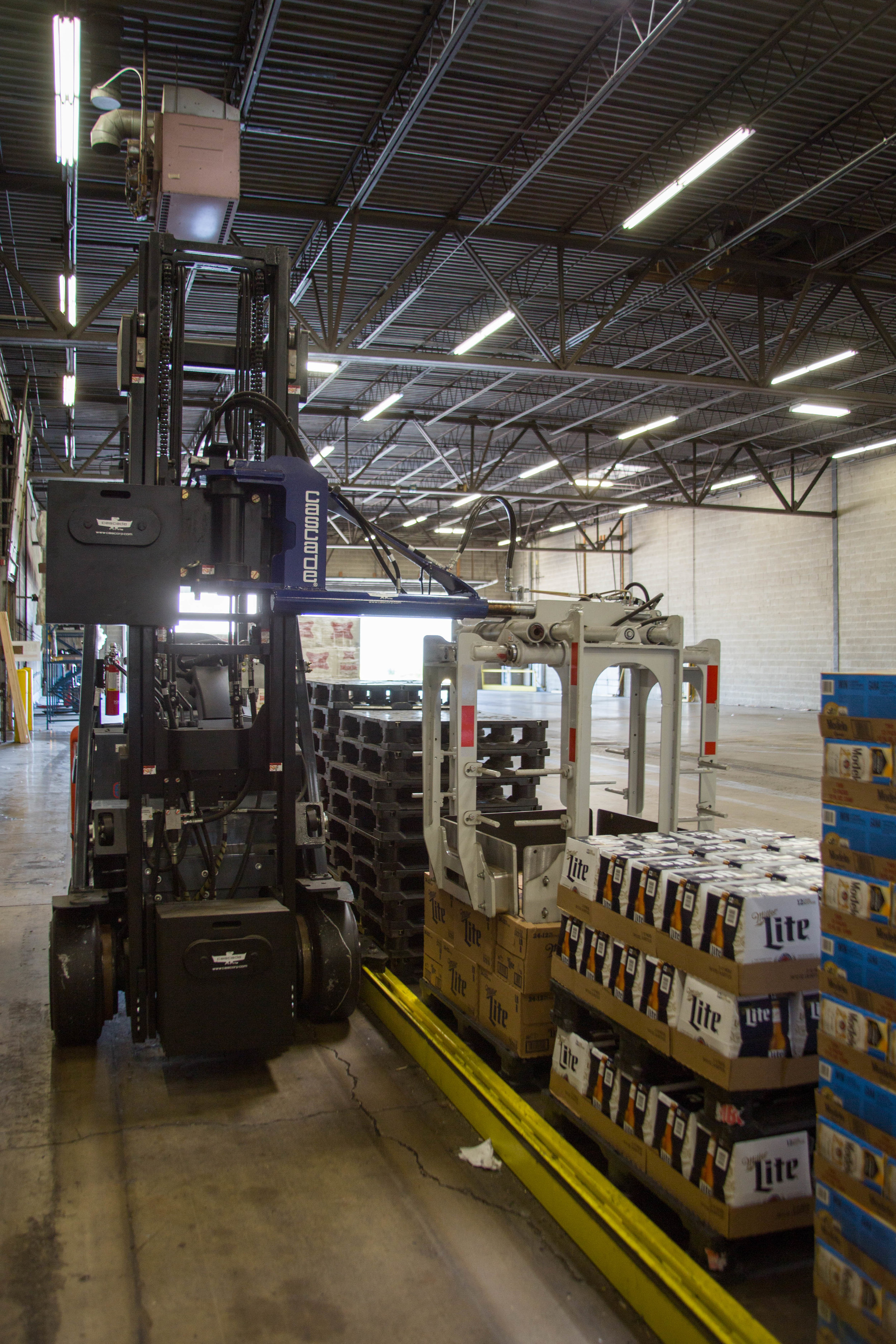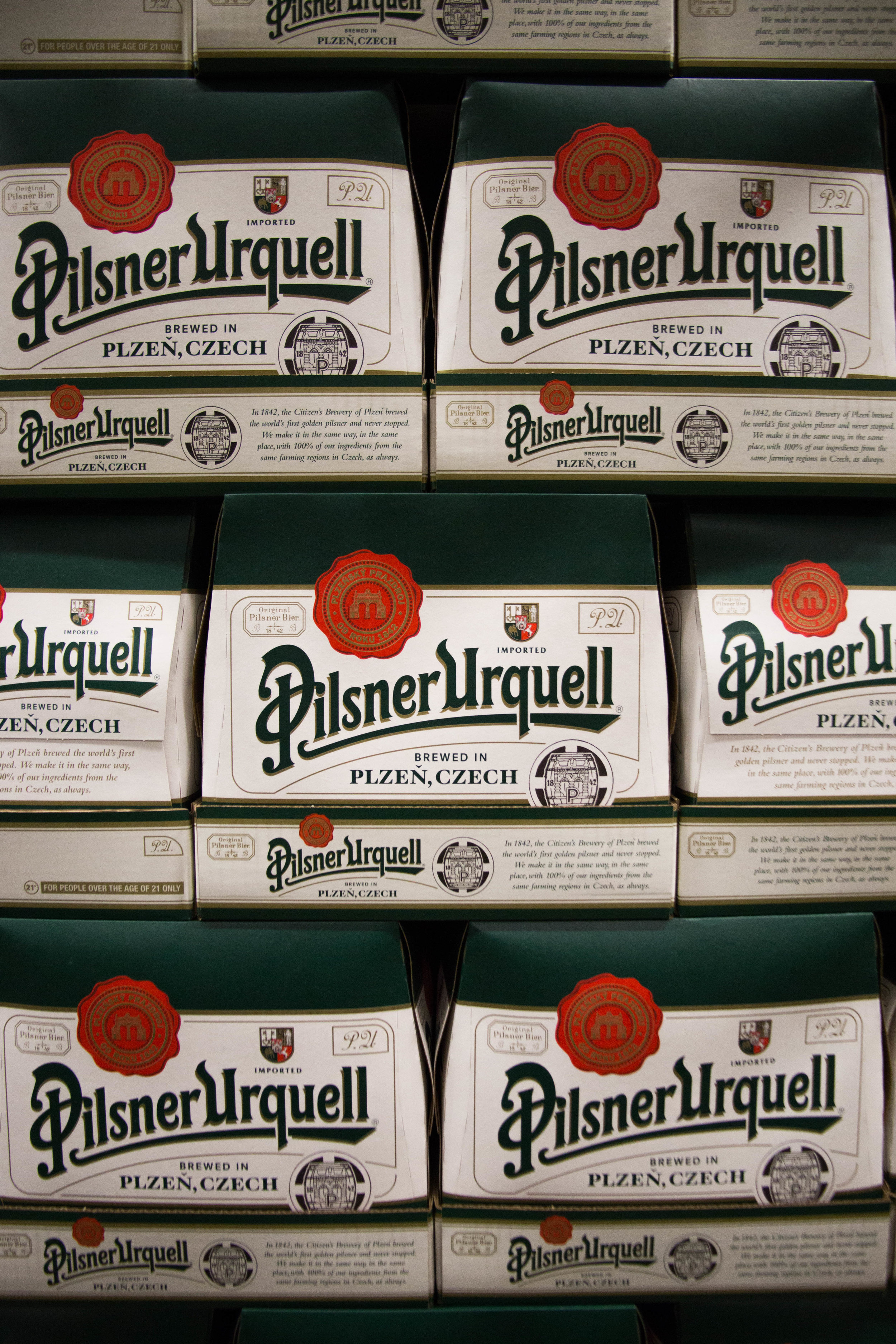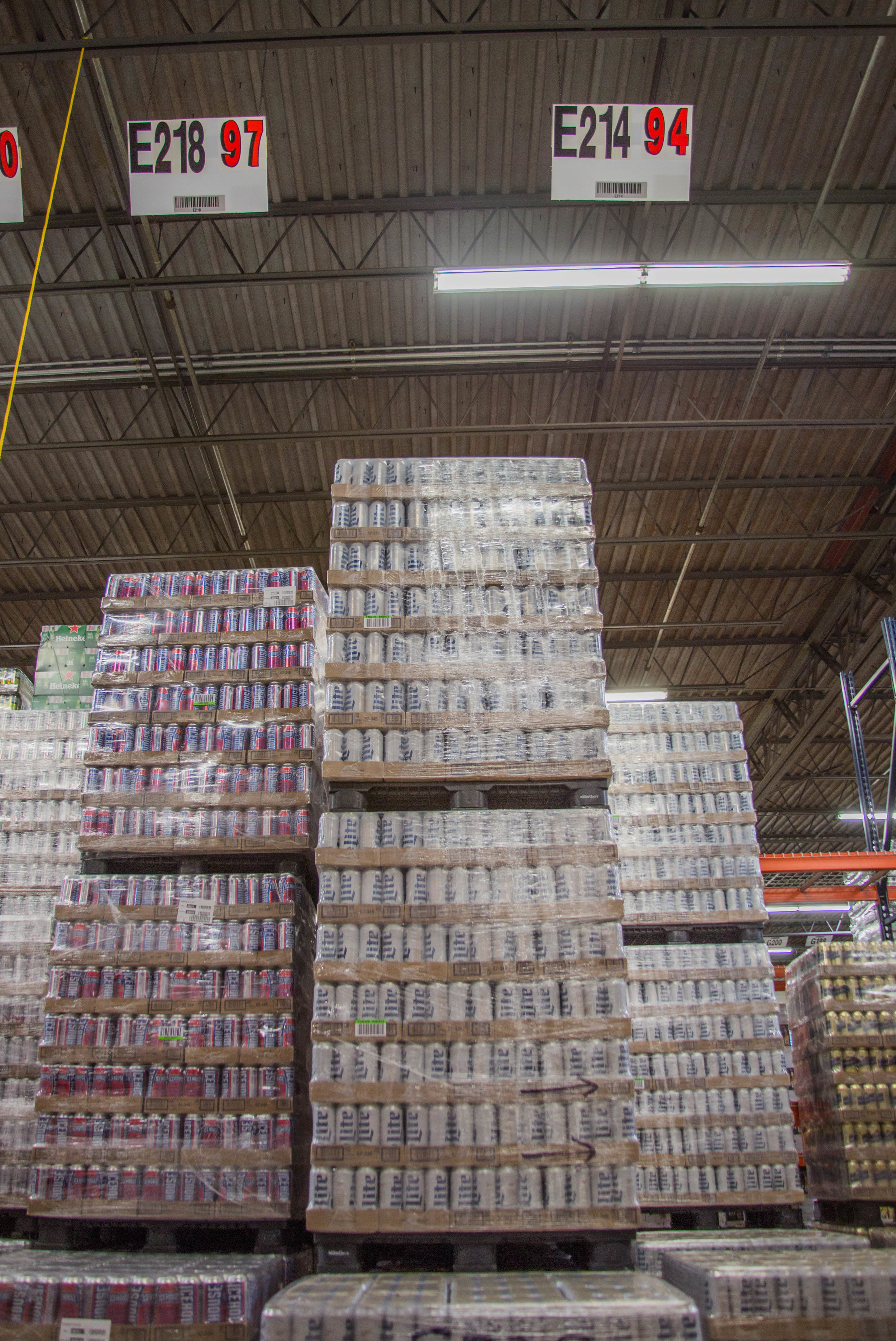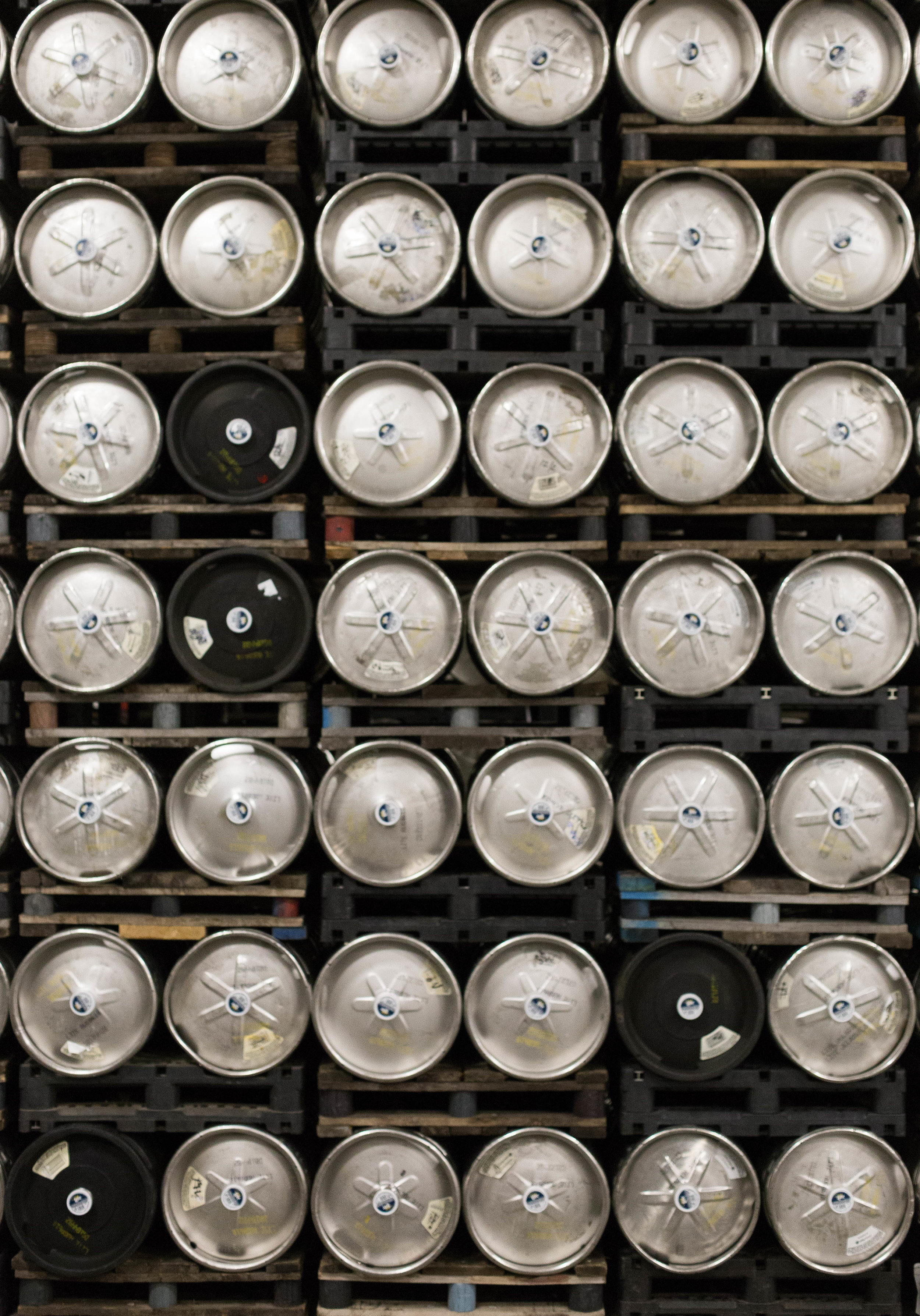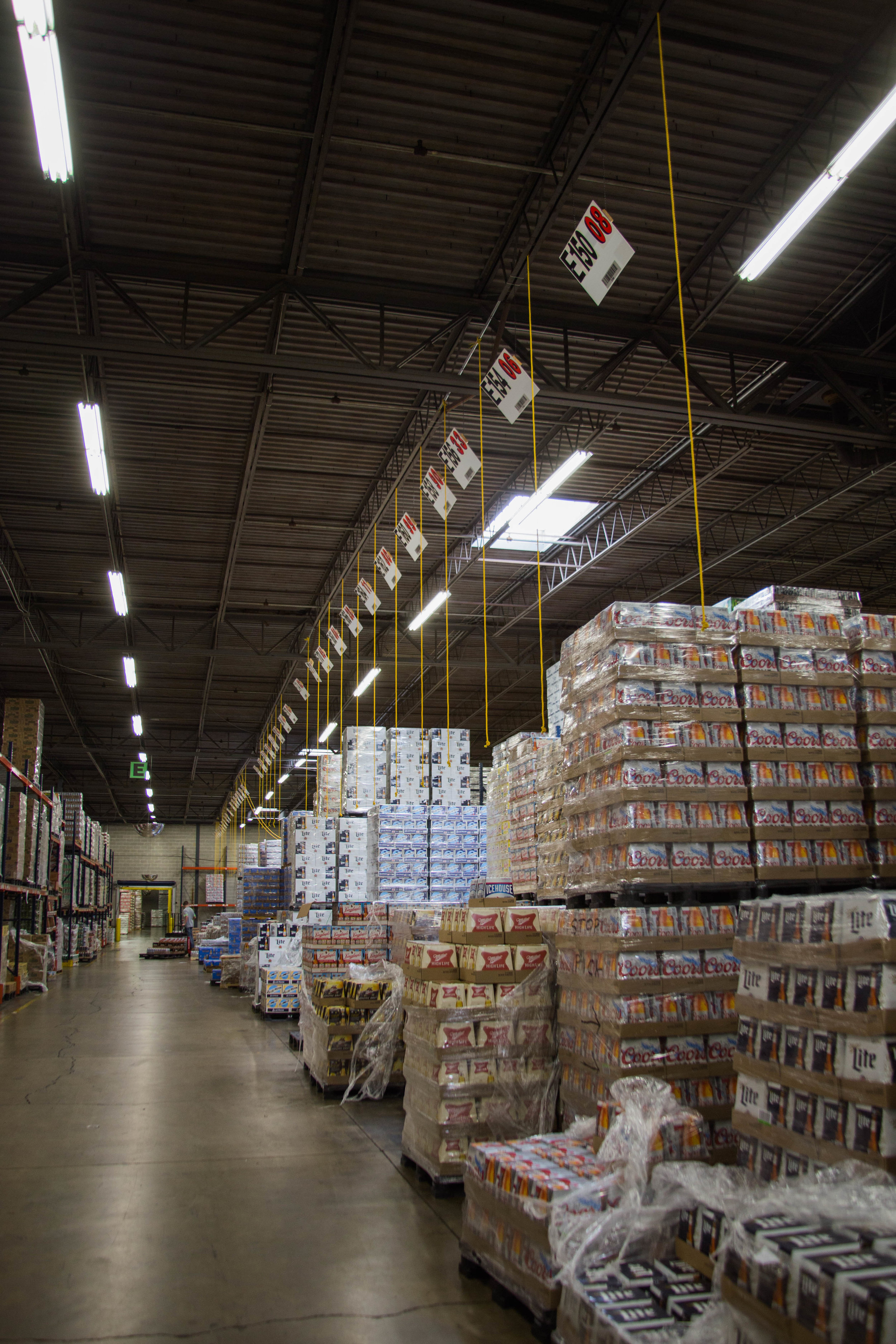Since 1934, Blue Ribbon Products has been a pillar in the community of Joliet, IL. The key to the longevity and success has been generations of the Londergon family investing in their business, but equally important is the continued support of the community in and surrounding Joliet. Don Londergon is the current President of Blue Ribbon Products and follows in the footsteps of his father and both grandparents who helped take their localized business to a large operation currently investing in nine counties.
PEOPLE MAKE IT ALL POSSIBLE
Blue Ribbon was built on the dedication of hard working and committed people. Healthy businesses know that the key to longevity is taking care of your people so they are energized and excited to invest in your partners working outside of the business, in this case, the suppliers and consumers of the beer industry. These suppliers and consumers had this connection with the founder of Blue Ribbon Products. “Everyone knew and loved Jimmy Londergon,” Don remembers fondly, and he even recalls the extra mile that he went during his time at Blue Ribbon Products, taking a Monday sales route and personal orders from local liquor stores. It is no wonder that Blue Ribbon continues to have staff who have been in it for the long haul, especially on their sales team where there is very little turnover.
“The sales and delivery team is out on the street everyday making it happen, and in such a competitive industry like the beer industry, those people taking ownership of their jobs and taking it seriously is the key to making it happen.”
Highs and Lows of longevity
Over the past 85 years, Blue Ribbon Products has had to make adjustments to meet the changing needs and desires of both the suppliers and the consumers. They learned to stay afloat in seasons of plenty and seasons of loss, including two fires, the second in 1975 when they had a total loss and decided to rebuild on the same location. As a testament to their commitment and resilience, the Blue Ribbon team was back on the street selling and delivering within 24 hours of the fire.
After the rebuild was complete, they added Corona Extra to their portfolio, which at the time was a pretty unknown brand. Corona Extra and Modelo Especial changed the landscape of the business for Blue Ribbon Products. Jimmy used up all his favors getting customers to take Corona and was tempted to give up on several occasions. Constellation, the brewery of Corona and Modelo is now their largest supplier. Learning from this experience the leadership team at Blue Ribbon Products is committed to working hard with each of their partners. Due to rapid growth, Blue Ribbon Products moved to a new facility two years ago, in the heart of Joliet.
making joliet their mission
Not only does Blue Ribbon Products value their brands, suppliers, and the consumers of their products, but Don and the company have been a pillar in Joliet for the last 85 years and continue to invest in the community that they know and love. One of their newest community partnerships and particularly exciting project is working with Habitat for Humanity to construct the House that Beer and Bourbon Built on the west side of the city, with construction starting in early 2020.
always looking forward
Don recognizes that a big part of the success of any distribution company is their portfolio of brands and despite expected and unexpected challenges, they always seemed to achieve balance. When one area of the business faltered, another brand held it together. Blue Ribbon Products is grateful for years of experience and the wisdom they have gained from 85 years in business. They have a long history in Joliet, but you can be sure Blue Ribbon Products will be in Joliet for another 85+ years.


